COLLIN COUNTY SEPTEMBER/OCTOBER 2022
More Inside
DEPRESSION IS FAR MORE SINISTER THAN SADNESS
TEACHING KIDS CIVIC RESPONSIBILITY
HOW TO RECOGNIZE FAKE NEWS



COLLIN COUNTY SEPTEMBER/OCTOBER 2022
DEPRESSION IS FAR MORE SINISTER THAN SADNESS
TEACHING KIDS CIVIC RESPONSIBILITY
HOW TO RECOGNIZE FAKE NEWS


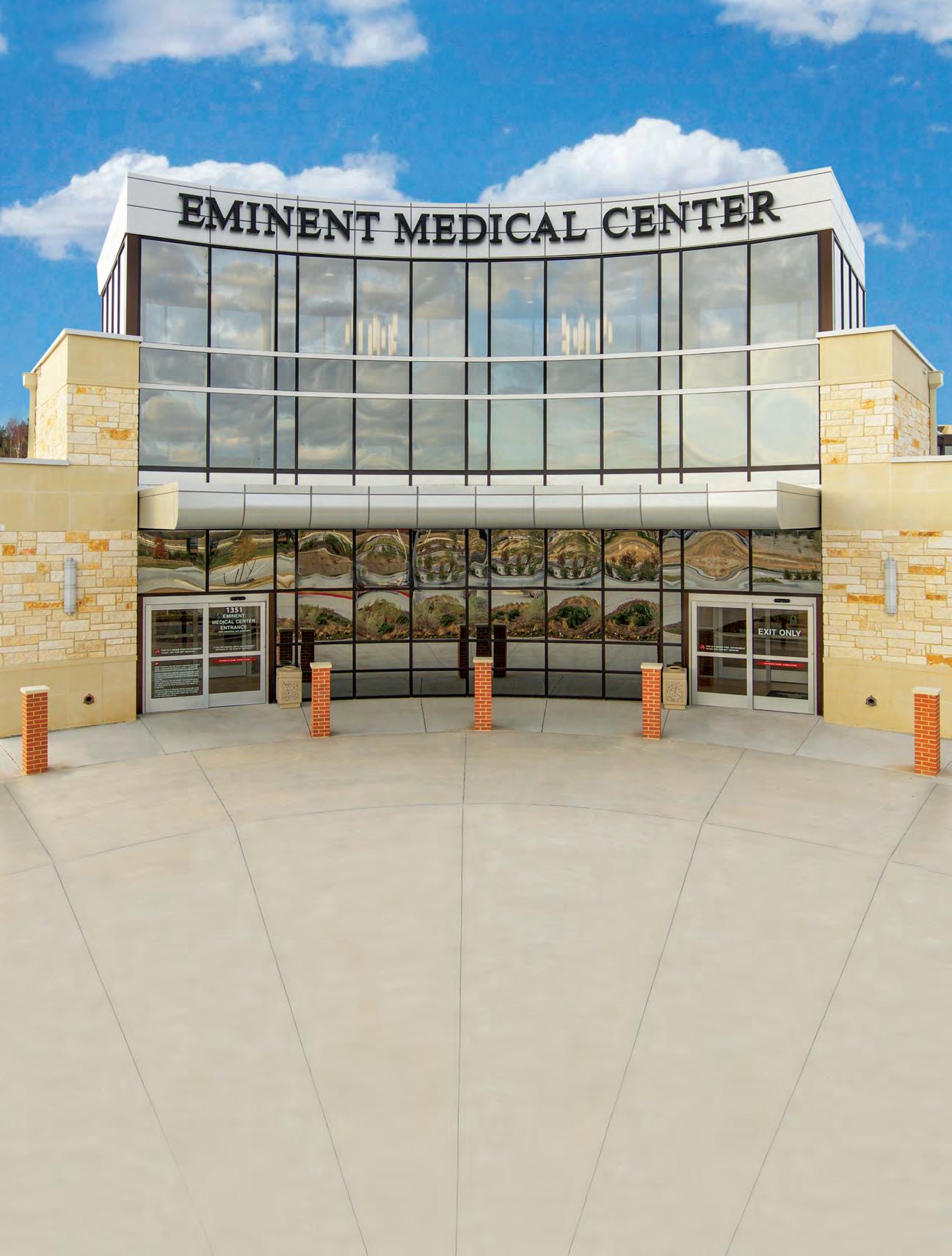

Pain Management • Sports Medicine • General Surgery • Spine Surgery
Orthopedic Surgery • Neurosurgery • Minimally Invasive Spine Surgery
Total Joint Surgery • Foot & Ankle Surgery • Hand Surgery
Gynecological Surgery • Plastic Surgery



Orthopedic
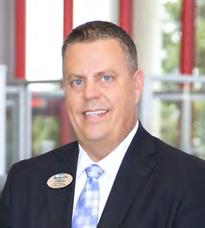




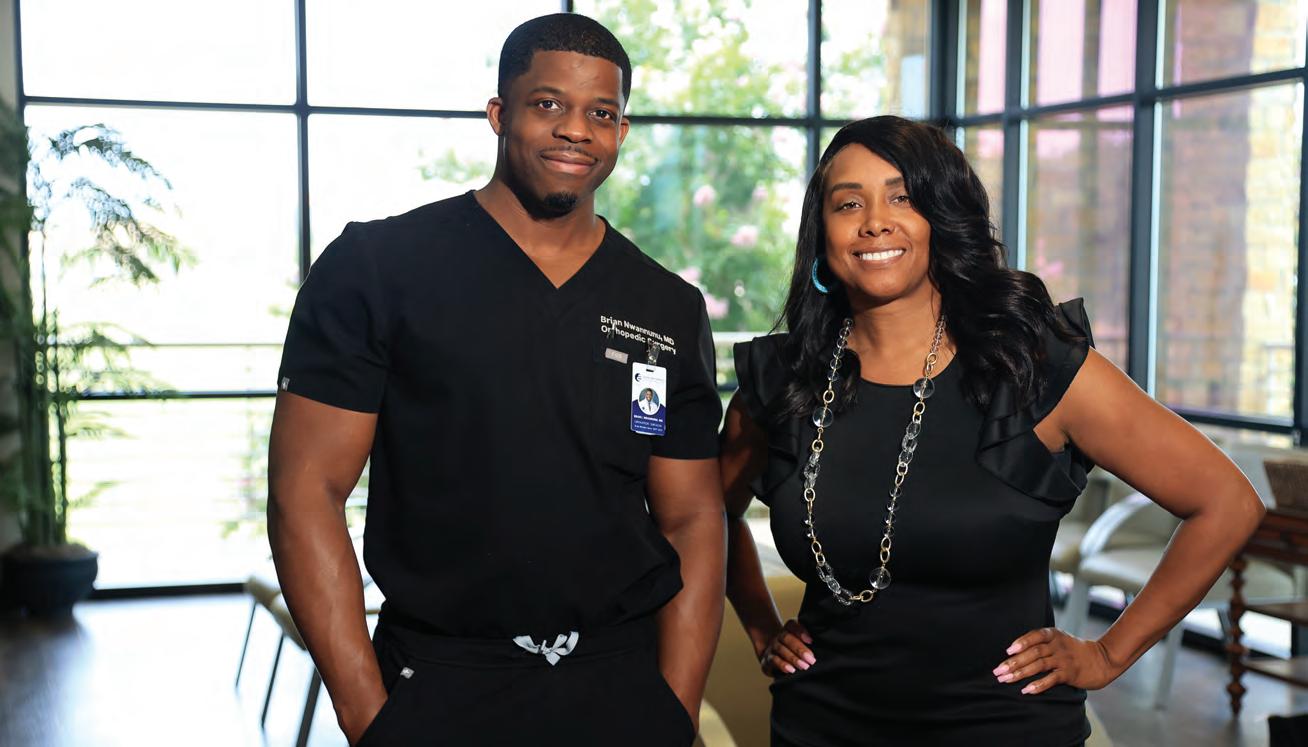
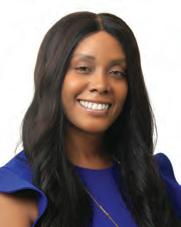
Dolly Parton, the grand dame of country music continues to shine both in and out of the spotlight. While known for her singing talent, the longtime songstress is also passionate about giving back and shows no sign of slowing down her numerous philanthropic efforts.
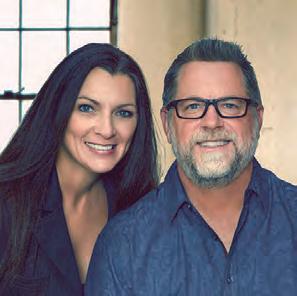
Parton will be honored this month among this year’s Carnegie Medal of Philanthropy recipients for the $1 million donation she made in 2020 to help fund Moderna’s coronavirus vaccine research. Ths is not the fist or, we suspect, the last time you’ll see Parton’s name associated with giving of that magnitude.
Inside this issue, read how Parton’s passion for supporting numerous non-profit organizations started with the Dollywood Foundation. Founded in 1988, it has since helped charities far and wide and continues to grant scholarships and awards, while donating to education and poverty relief.
The 76-year-old Parton isn’t slowing down her professional career either. Turn to page 8 to hear about her fist published novel and the three albums and two movies she has in the works.
What you might not know is that Parton’s also had her share of personal and emotional issues over the years, including a struggle with depression. Read how she overcame these troubles before turning to page 26 to learn the signs and types of depression that plague many people across the world.
Writer Kimberly Blaker has suffered from major depression herself and exhaustively researched the issue. She delves into the topic with insight and compassion and offers hope to those suffering from this often-debilitating illness. Several treatments exist that can either lessen the symptoms or eliminate depression completely. Find out what they are in her article.
You won’t want to miss out on the rest of the informative, insightful articles inside, so we’ll let you get down to reading them.
Be Well!

SEPTEMBER/OCTOBER 2022
PRESIDENT & CEO SAM HOUSTON
VICE PRESIDENT & CFO
SPRING HOUSTON
EDITOR, FEATURE WRITER & SOCIAL MEDIA SONDRA BARR
ART DIRECTOR
VANESSA FRYER
ACCOUNTS MANAGER JENNIFER BEAVERS
WEBSITE LYDIA ROGERS
ADVERTISING & SALES
TEXAS: Denton County, Dallas County, Collin County
TEXAS & OKLAHOMA: Texoma Area
WRITE TO US:
Tell us who you would like to see featured on the cover, or what subjects you would like covered in upcoming editions of LIVING WELL MAGAZINE at info@livingwellmag.com
SUBSCRIPTIONS & CUSTOMER INQUIRIES
Houstons of Dallas Publishing, Inc. 102 E. Broadway, #901 Prosper, TX 75078
www.LivingWellmag.com Phone: (214) 507-1000 Fax: (855) 248-2132
LIVING WELL MAGAZINE is a source for quality educational articles on living a healthy, vibrant life. Our focus is on connecting our readers with the latest information on a host of topics relevant to their evolving life. From cutting edge medical news and procedures to top-tier financial, legal and lifestyle information. Connecting readers to leading medical and business professionals in their community in Texas and Oklahoma.
All advertisements in this Magazine are placed by third parties. We do not control or endorse either the advertisements or their content. Further,


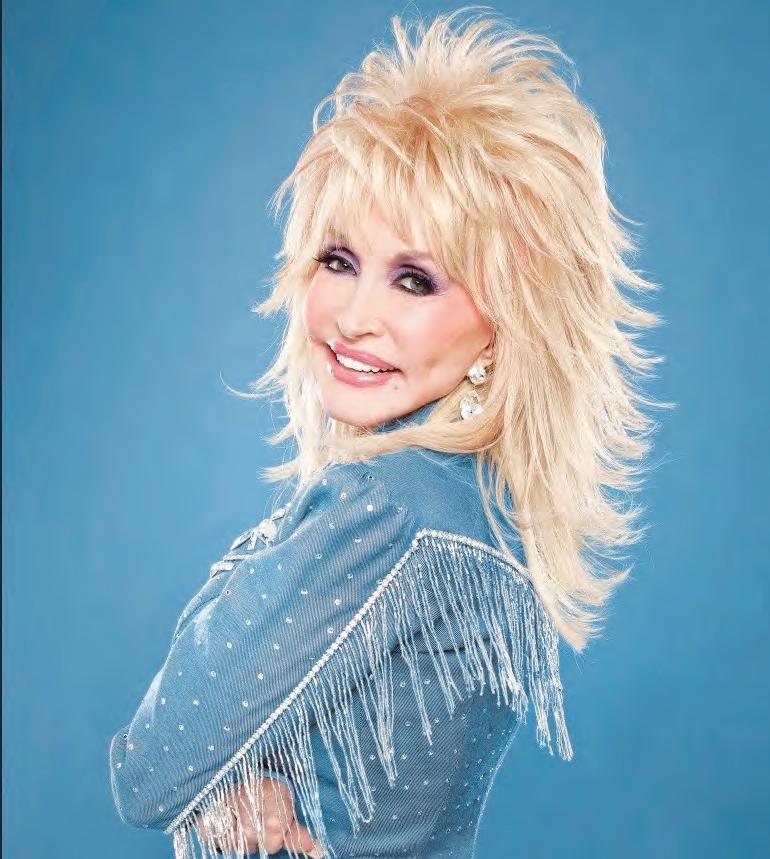
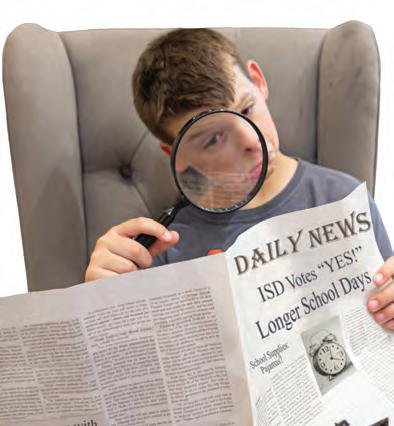

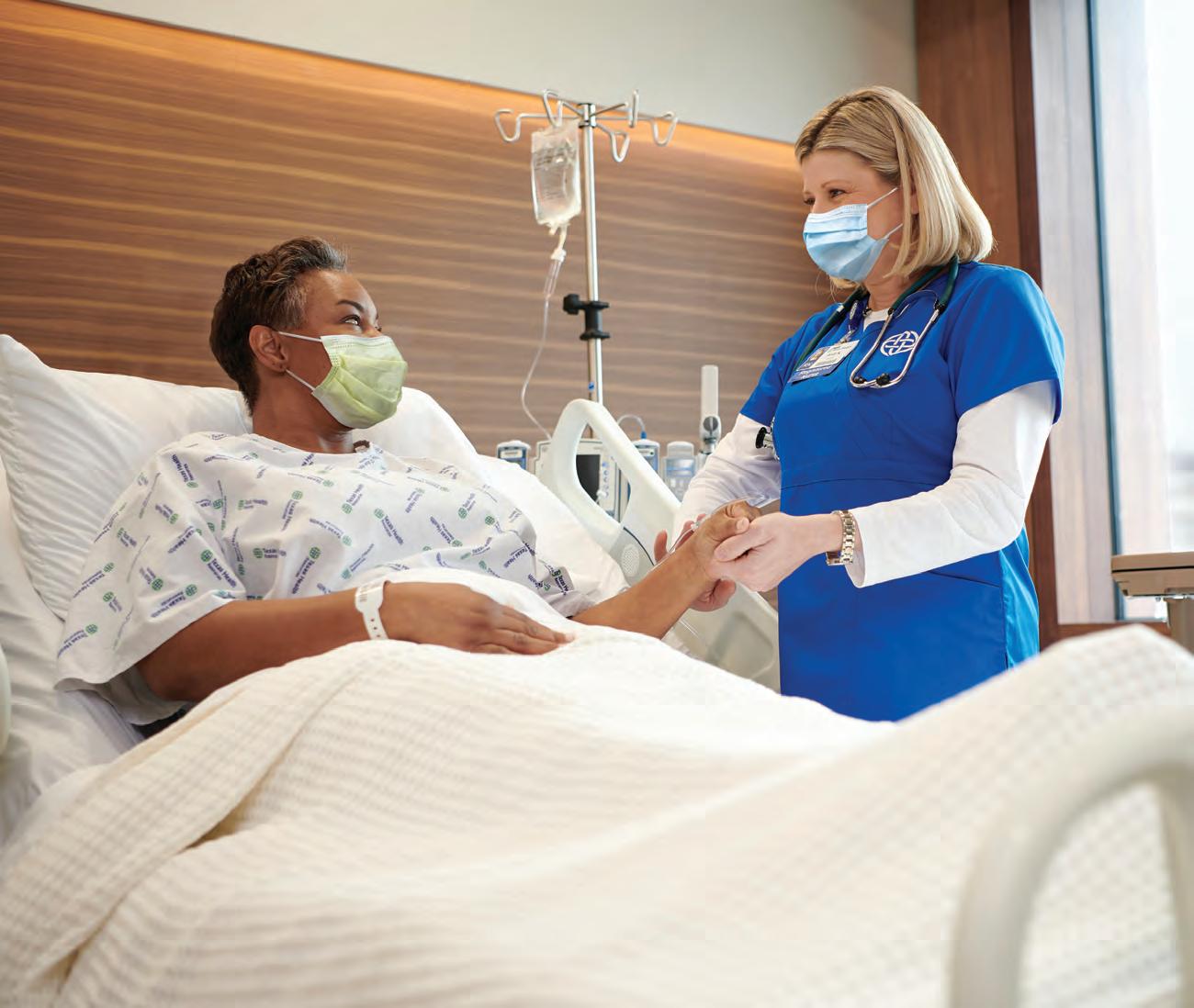
At Texas Health Frisco, we’re keeping up with our growing community. We’ve added 14 new ICU rooms, 16 more patient rooms and two additional operating rooms. Which means more access to care for backs and spines, advanced gynecological care, specialized care for weight loss surgeries and more. The future of health care in Frisco is looking better than ever.
At Texas Health Frisco, we’re keeping up with our growing community. We’ve added 14 new ICU rooms, 16 more patient rooms and two additional operating rooms. Which means more access to care for backs and spines, advanced gynecological care, specialized care for weight loss surgeries and more. The future of health care in Frisco is looking better than ever. Learn more at TexasHealth.org/FriscoExpansion
Learn more at TexasHealth.org/FriscoExpansion


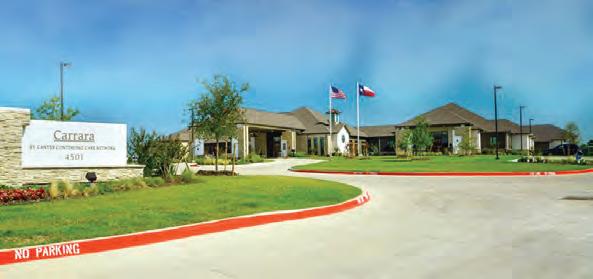

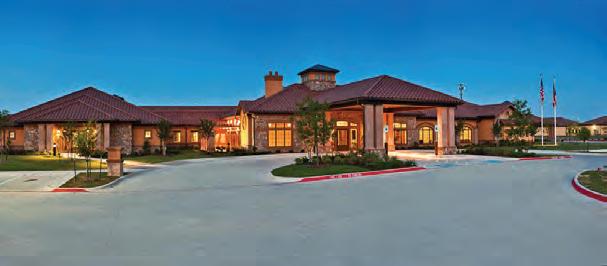

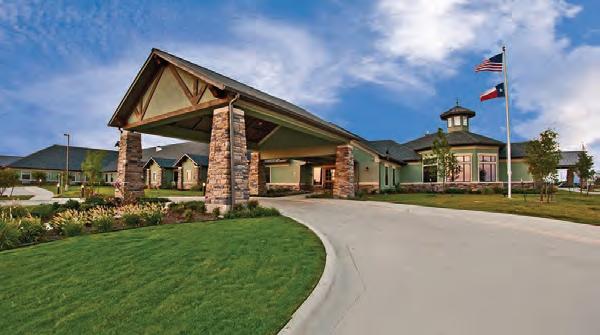



THE
Who is Dolly Parton? You could answer this question in many ways. A philanthropist may be top of your mind considering she was honored this month among this year’s Carnegie Medal of Philanthropy recipients for the $1 million donation she made in 2020 to help fund Moderna’s coronavirus vaccine research.
She’ll receive her medal in a private New York ceremony on Oct.13, along with four other honorees.
Parton said she was honored to receive the award in a statement: “I’ve always believed that if you can help, you should help, and I truly hope that I can be an inspiration for others to liftthose around them. Whether through my Imagination Library or giving to COVID-19 research, I try to support things that have a special meaning for me. I hope everyone can fid something they’re passionate about supporting and do what they can to help make this world better.”
Parton’s passion is supporting numerous non-profit organizations that aim to improve the quality of life of children and others in need. When she founded the Dollywood Foundation in 1988, it offered scholarships to high school students in Sevier County, Tennessee, where she grew up. In 1995, the Dollywood Foundation grew into Imagination Library, distributing free books monthly to children up to age 5. Over the years, the Dollywood Foundation

has supported charities, causes, and more. In 2016, the Dollywood Foundation grew again into the My People Fund, which provided $10,000 to more than 900 families affected by the Great Smoky Mountains wildfies. Today, the foundation continues to grant scholarships and awards and support numerous non-profit organizations that bring education and poverty relief. LGBTQ+ rights, marriage equality, and Black Lives Matter are causes Parton has spoken out about on multiple occasions.
While her philanthropic activity has been in the news lately, you may know Parton most as a musician. She began performing as a child, singing on local radio and television programs in the East Tennessee area. Her early success came as a songwriter, penning several charting singles, including two Top 10 hits. Then in 1965, at age 19, she signed with a record label that helped her release a series of pop singles that didn’t make the music chart. However, her fist two country singles she recorded reached No. 24 and 17 on the country chart. Then she found success with country star Porter Wagoner before starting her solo career. Parton’s solo success came in the early 1970s when she had three singles reach No. 1 on the country chart, including “Jolene,” “I Will Always Love You,” and “Love Is Like a Butterfly.”
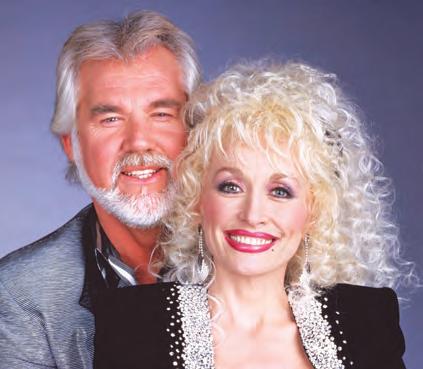
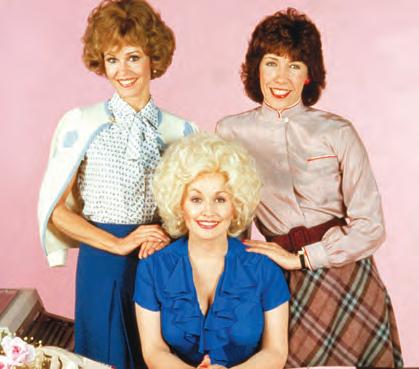
“At the end of the day, I hope to be remembered as a good songwriter. The songs are my legacy,” Parton wrote in her book, Songteller: My Life in Lyrics, which features 175 of the 3,000 songs she’s written. Parton can belt out more than vocals, too. She plays several instruments, including the guitar, banjo, piano, autoharp, violin, dulcimer, harmonica, and saxophone.
After respectfully turning down the Rock and Roll Hall of Fame nomination in February, Parton accepted her nomination in April. In her initial statement about declining the nomination, she said, “I don’t feel I have earned the right. I don’t want the judges to split votes because of me, so I must respectfully bow out.”

In an interview with NPR’s “Morning Edition,” Parton said if she is voted in by fans, she would accept the honor. The induction ceremony will take place on Nov. 5 at the Microsoft Theater in Los Angeles. It also will air on HBO and be available to stream on HBO Max.
An actress may come to mind when you think of Parton, as she starred in popular films such as 9 to 5, for which she wrote and recorded the song of the same name that topped the country and pop charts in early 1981. In addition, she earned Golden Globe nominations for Best Actress in The Best Little Whorehouse in Texas (1982). She also starred in Rhinestone (1984), Steel Magnolias (1989), Straight Talk (1992), and Joyful Noise (2012).
Parton has continued to act in made-for-TV films, Netflixseries, and more. In her latest acting stint in July 2022, she played herself on the scifi show The Orville in the episode “Midnight Blue.”

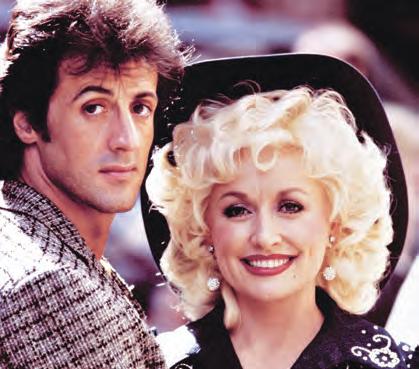
“I only take parts close to my personality,” Parton said on Beyond the Influence Radio with Tim McGraw. “I have never yet done a scene that was far-fetched.”
If you didn’t know Parton as a hardworking songwriter, singer, actress, and philanthropist, you might know her as a businesswoman. During the height of her movie career in the ’80s, she was building her brand, opening the Dollywood theme park in Pigeon Forge, Tennessee, and founding Sandollar Productions, which produced the Buff y the Vampire Slayer movie. She’s also used her earnings to open a dinner theater, the waterpark Dollywood’s Splash Country, and the Dream More Resort and Spa.
“As soon as I could, I started my own publishing company, got my record label. I think it’s important, if you can, to keep all your goods close to home where you can control them and know what’s happening with them,” she said in a Biography.com article.
From a musician to a humanitarian—you know who Dolly Parton is if you didn’t already. Still, you may wonder how she’s managed to stay healthy mentally and physically throughout her successful career.
Like any of us, she’s had emotional challenges, health issues, family problems, and more. Away from the limelight, Parton has struggled with binge eating, excessive drinking, dangerous diets, depression, and suicidal thoughts. However, her faith turned her bad habits around following a partial hysterectomy from an endometriosis diagnosis.
“I was getting away with murder,” she stated, as recorded in the book Dolly on Dolly. “See, I was 35 when I fist got sick. I wasn’t watch-
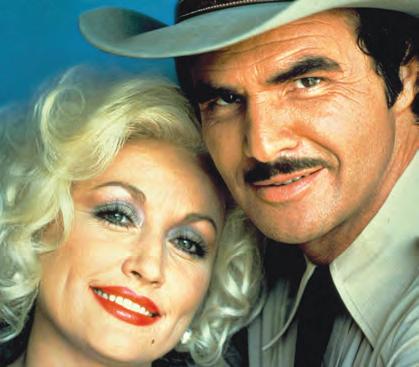
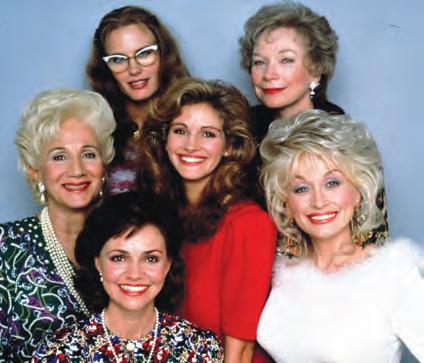
At the end of the day, I hope to be remembered as a good songwriter. The songs are my legacy.

ing what I ate; I wasn’t conscious of nutrition and wasn’t taking care of myself. I was working hard while a pile of personal and emotional problems was underneath. Then, all at once, I fell apart. It was stomach problems and female problems—all over health problems. It was God’s way of telling me to get myself straight. I’m grateful it happened when I was still young enough to bounce back.”
Today, Parton still relies on her faith. And a healthy marriage to Carl Thomas Dean helps, too. She told Parade in 2015, “I married a good man, a guy completely different from me. He’s not in show business. He’s not resentful of any of that. He loves to hear about the things I do. I love to hear about the things he does. So, we enjoy each other’s company. We get along well. He’s got a great sense of humor. We’ve just been best buddies and best friends, and it’s working!”
As far as food goes, especially when on tour, Parton sticks to a low-carb diet. “I’m a short little thing with a big, country girl appetite, so I have to watch it,” Parton told FoxNews.com. “I’ve been every size in the world, [but] I’d be big if I ate everything I wanted because I’m a big eater. So, my best bet is to stay on a low-carb diet since on low carb you can eat quite a bit of food of the things you’re allowed.”
It’s good Parton has a healthy balance in her life; the 76-year-old Parton isn’t stopping anytime soon. She’s busy as usual. Dollywood got a faceliftin 2022. She published her fist novel and has three albums and two movies in the works.
“Ths is a lifestyle for me. I’m used to doing that. I’ve done it all my life, and I like the excitement of it,” she said to 10 News in Pigeon Forge, Tennessee. “You keep your energy up, and energy begets energy.”
When she takes a break, Parton said she likes to read and visit family before it’s time to tackle the next project.
The Light Adjustable Lens by RXSight has a unique ability to allow post-operative cataract patients to test-drive and customize their vision to their individual lifestyles. You can fid this revolutionary new option at the officesnd surgery center of Key-Whitman Eye Center.
“I’m excited about the Light Adjustable Lens because it gives our cataract patients the power to choose their own fial vision,” says Key-Whitman’s Chief Surgeon Dr. Jeffrey Whitman. That’s why he recommended it to his wife, Bonnie, when her cataracts were becoming an issue.
Bonnie knew it was time to take care of her cataracts when she started having trouble seeing to drive at night. Previously, she had enjoyed many years of great vision without glasses or contacts after she had Radial Keratotomy (RK) surgery in the 1990s. The RK treated her distance vision, but like LASIK, does not prevent the need for reading glasses later in life. Nor can it overcome the problem of cataracts. Bonnie missed having great vision without the need for glasses, so she chose the new Light Adjustable Lens for her cataract surgery.
What Should Cataract Patients Know About the Light Adjustable Lens Experience?
Patients will not notice any difference in the procedure. As in any cataract surgery, once the cataract is removed, it is replaced with an intraocular lens implant (IOL). In Bonnie’s case, Dr. Whitman inserted the Light Adjustable Lens during her cataract procedure.
Dr. Whitman likes to refer to the Light Adjustable Lens as the “Magic Lens” because the focusing power of the lens can be modifid using a painless beam of specialized ultraviolet (UV) light. That’s where the post-cataract surgery experience is different for Light Adjustable Lens patients. Like Bonnie, these patients need to wear UV protection when outside until fial adjustments are made. When Bonnie’s vision was completely stable and she was fully healed after surgery, Key-Whitman was able to fie-tune changes to her lenses. Once she was happy with her vision, her fial adjustment was performed with the UV light—no need for more surgery. As a result, she can see without correction for all distances.
How Do You Know It Is Time For Cataract Surgery?
When you are young, the focusing lens inside the eye is flexble and
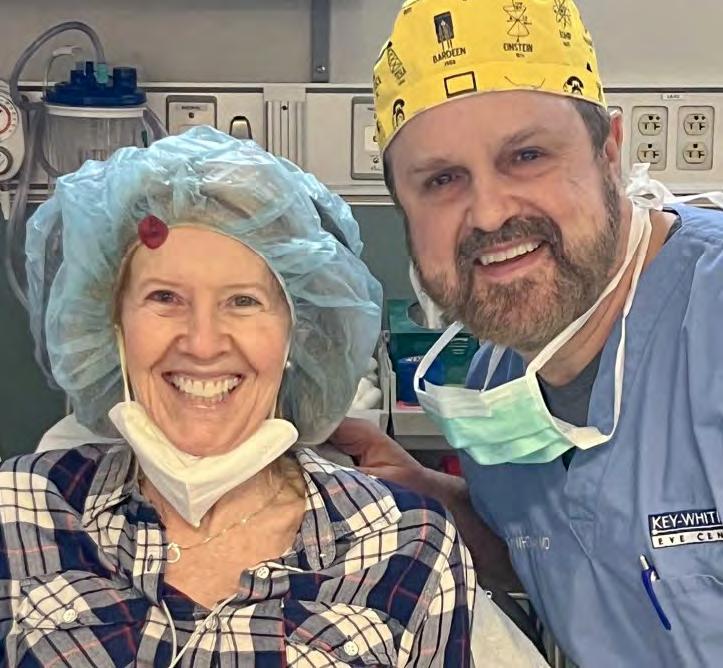
clear. It could automatically adjust to see things at every distance, much like the lens on a camera. In your mid-40s, you begin to lose your ability to focus up-close and, eventually, it progresses until it becomes a cataract. That clear and flexble lens is now dense and cloudy. As it advances, the cataract gets thicker and turns from clear to yellow, then all the way to brown. That’s why people with cataracts can no longer see true colors. Also, bright lights can cause blinding glare when you have cataracts, which makes it hard for people to see well enough to drive, especially at night.
While most cataracts develop gradually and over time, certain medications, diabetes, or trauma to the eye can cause earlier onset of cataracts. If you notice that even with glasses that you can no longer see well enough to do the things you love to do, it’s time to see your eye doctor.
How To Choose Your Cataract Surgeon?
When selecting a surgeon to perform your cataract surgery, it is important to choose a board-certifid eye surgeon, who is both highly experienced and can offer you a full range of lens options to enhance your vision.
The doctors at Key-Whitman offer you the best of both. They use only the most advanced equipment and techniques approved by the FDA, so you can feel confidet about your procedure, no matter which option you choose. Ths is one reason Key-Whitman can offer advanced options like Light Adjustable Lenses, as well as other high-tech lenses to decrease your dependency on glasses or contacts. In fact, Key-Whitman is one of the few centers in Texas to offer this exciting technology.
In addition, Key-Whitman participates in many research clinical studies with the FDA. Leading providers of new technologies specifically request Key-Whitman because of their expertise and experience. Ths allows the practice to offer the latest options to patients.
Join the thousands of patients, who have chosen Key-Whitman to improve their vision. Patient surveys show that the doctors and staffat Key-Whitman are caring and responsive to questions. If you are noticing changes in your vision, don’t let cataracts stop you from enjoying your daily activities.
Call Key-Whitman to treat your cataracts and take care of all your eye health needs.
Key-Whitman Eye Center celebrates over 60 years of providing excellence in eye care to North Texas. The Plano clinic has provided services in Collin County for 20 years.
Dr. Kimberly Warren is board certifid in general ophthalmology by the American Board of Ophthalmology and specifially board certifid in LASIK and cataract surgery by the American Board of Eye Surgery. She has been an integral part of the Key-Whitman staff sice 2000. She resides in Plano with her husband and three children.
Dr. Faisal Haq is also board certifid in general ophthalmology by the American Board of Ophthalmology and specifially board certifid in LASIK and cataract surgery by the American Board of Eye Surgery. He joined Key-Whitman in 2006 and lives in Plano with his wife and two children.
Dr. Warren and Dr. Haq provide a full range of adult vision services, including comprehensive eye exams, management of glaucoma and corneal disease, and cataract surgery.
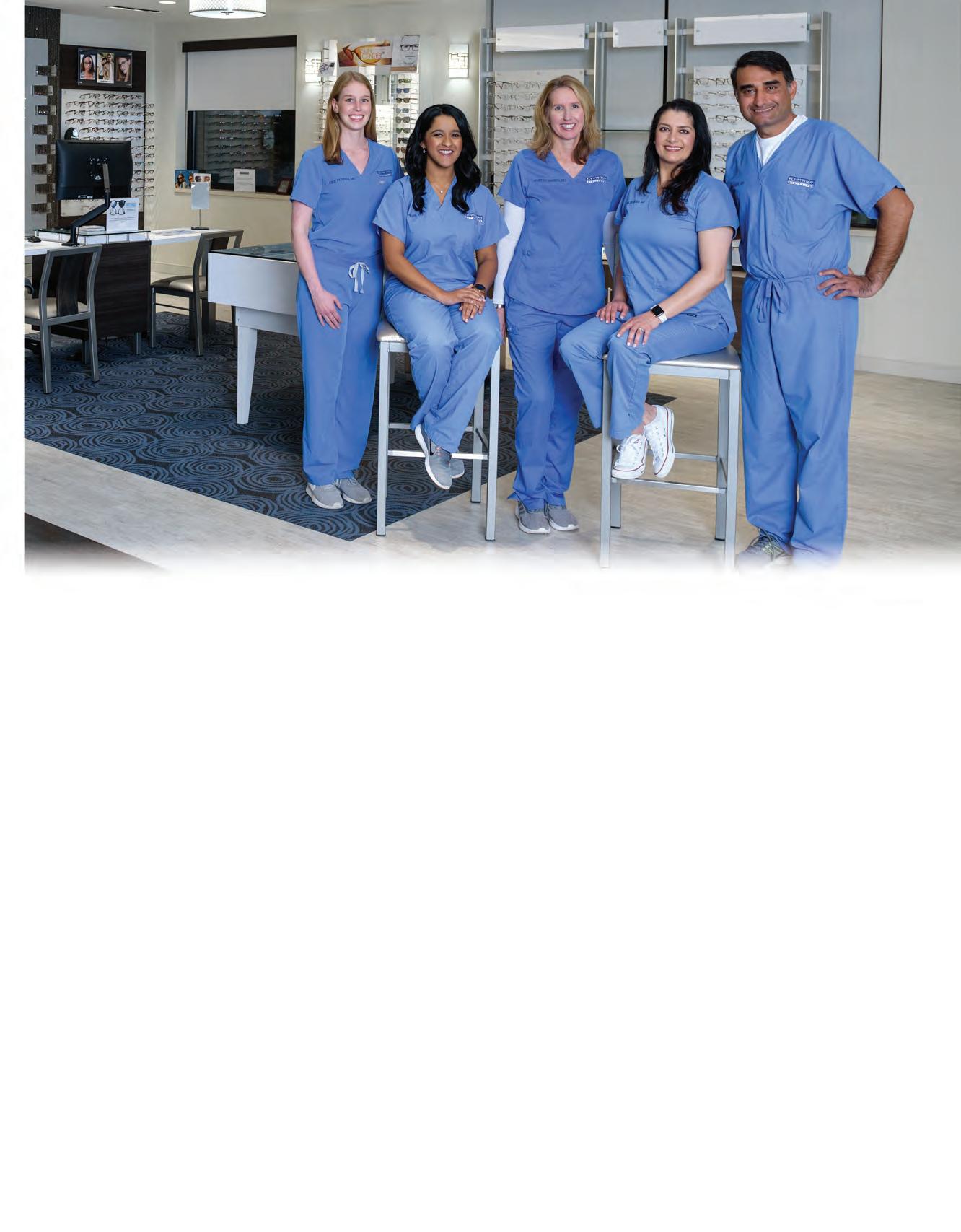


» Staffed by 2 Licensed, Doctors of Audiology
» Hearing Aid Fittings, Maintenance and Repairs
» Invisible Fittings/Open Fittings
» Evaluation Period On All Hearing Aids
» Hearing Evaluations For All Ages
» Wireless/Connectivity Hearing Solutions
» Battery Purchase Programs
» Custom Ear Protection
» Assistive Devices

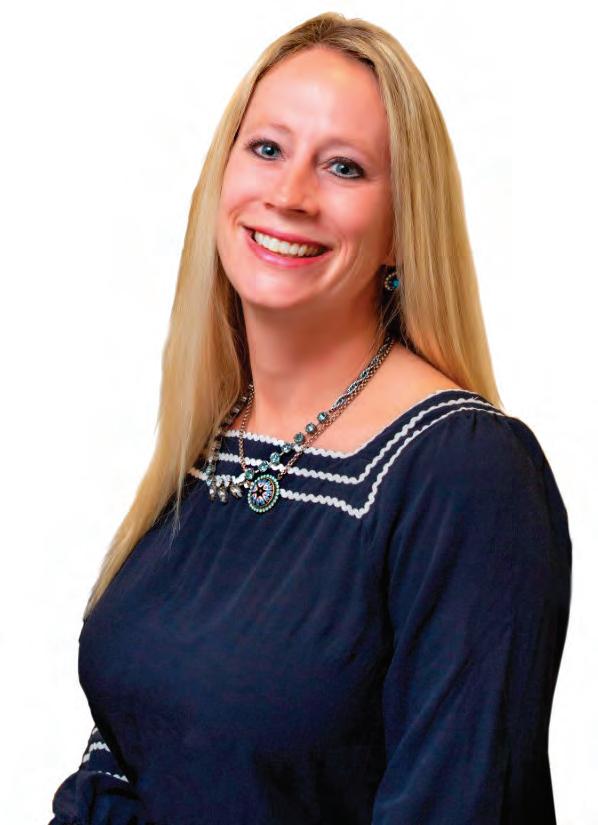

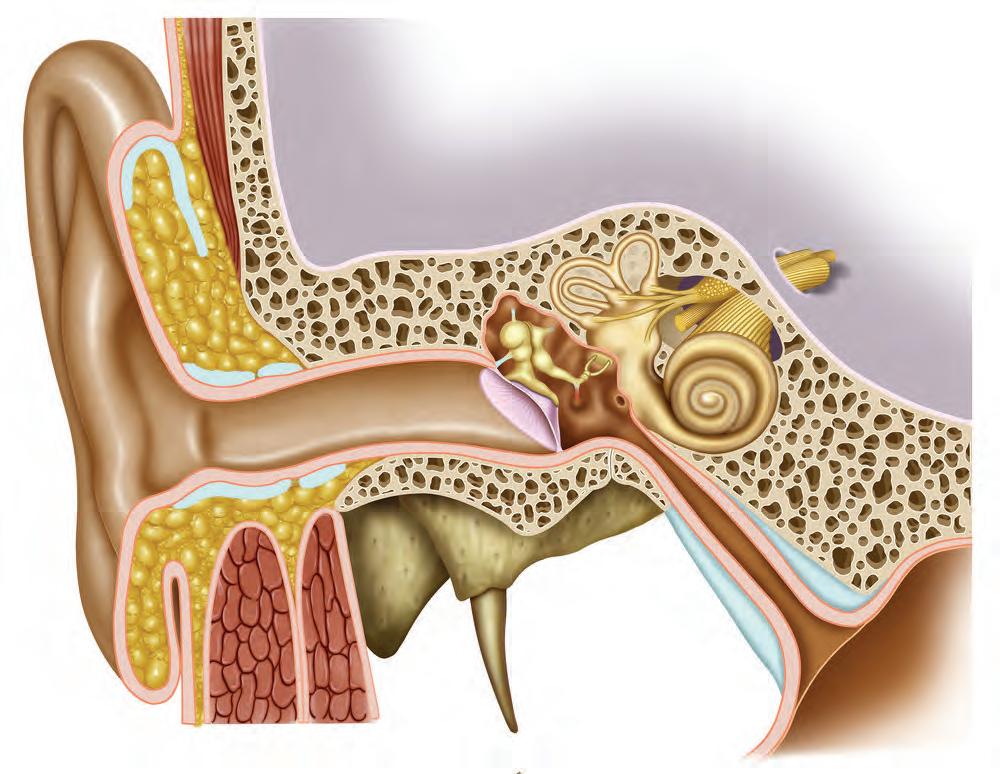
Do you remember the song called “Dem Bones” from childhood? We often think of the ear as being unrelated to the rest of the body. However, your heart and hearing may have more in common than you realize says the Better Hearing Institute, which is raising awareness of the link between hearing loss and cardiovascular disease. A growing body of research shows that a person’s hearing health and cardiovascular health frequently correspond.
Studies show that a healthy cardiovascular system has a positive effect on hearing. Simply put, it’s all about blood flw. Conversely, inadequate blood flw and trauma to the blood vessels of the inner ear can contribute to hearing loss. The inner ear is so sensitive to blood flw that it is possible that abnormalities in the cardiovascular system could be noted here earlier than in other parts of the body.
It was also found that the pattern of the hearing loss correlates strongly with cerebrovascular and peripheral arterial disease and may represent a screening test for those at risk. The inner ear is extremely sensitive to blood flw, which can also cause irreversible damage to the ear.
Six decades of research point to heart-hearing health link. A comparative review of more than 60 years of research found a correlation between cardiovascular and hearing health.
The ear may be a window to the heart. Some experts fid the evidence showing a link between cardiovascular and hearing health so compelling that they say the ear may be a window to the heart. They encourage collaboration between hearing care providers and cardiologists.
The same lifestyle behaviors that affect the heart impact hearing. One study found that increased physical activity is associated with lower risk of hearing loss in women. Another revealed that smokers and passive smokers are more likely to suffer hearing loss. And a third found that regular fish consumption and higher intake of omega-3 are associated with lower risk of hearing loss in women.
Addressing hearing loss improves quality of life. Eight out of 10 hearing aid users say they’re satisfid with the changes that have occurred in their lives due to their hearing aids. Untreated hearing loss can often lead to social isolation and depression. However, when appropriately fit with hearing aids, many say they see improvements in their life overall, in interpersonal relationships, and that they experience reduced anger and frustration, and enhanced emotional stability.
Today’s hearing aids are better than ever and virtually invisible. Stateof-the-art, sleek, and virtually invisible, today’s hearing aids combine technology and style with durability and ease-of-use. They’re a hightech tool to help people stay socially, physically, and cognitively active. The options are so varied that there’s an attractive solution for just about anyone. Today’s technology is wireless, which can allow patients to connect to their smart phone and use an application, if wanted, to control and adjust their hearing aids, stream phone calls and stream other audio such as music or Face Timing their grandkids. There are also hearing devices today that can alert loved ones to a patient falling, etc.
So, when thinking about your heart health and health in general, take the time to schedule a hearing test with an Audiologist. And when getting your hearing tested, make sure to let the Audiologist know of any cardiovascular disease.
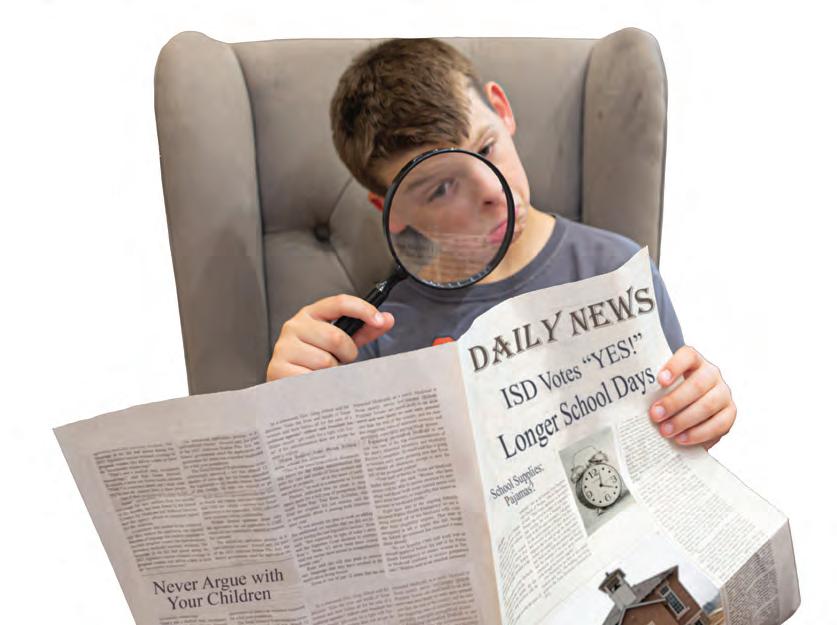
Thanks to the internet’s prevalence and easy access through smartphones and other devices, all the world’s information can fit inside our pockets. The latest news, information, and anything you could ever want to know are all just a few clicks away. Unfortunately, the growth of information on the internet has given rise to fake news and misleading or factually incorrect information. The problem of fake news continues to worsen causing further division in our communities and across the country.
Everyone who spends time on the internet will be exposed to fake news at some point, and many will be taken in by false claims. But some demographics are more susceptible. Those who create and spread fake news know this and which demographics tend to struggle more with technology and information. Fake news creators take advantage of targeting specificpopulations that may not have developed the skills and nuance to know how to sort facts from fition online
In fact, Andrew Guess et al. published their study of the 2016 presidential campaign, “Less than you think: Prevalence and predictors of fake news dissemination on Facebook.” They found that Facebook users over the age of 65 were almost seven times more likely to share fake news articles than the youngest age range.
Seniors may be particularly at risk for fake news because they’re “digital immigrants” who learned to use computers and similar devic-
es at an older age. So, seniors may not be as fluent or comfortable with technology or as readily able to disseminate between legitimate and illegitimate sources of information.
“Digital natives,” on the other hand, are those who grew up in a world with the internet, computers, and smartphones and have had more experience and understanding of its subtleties. It’s almost like the difference between being fluent in a language you were raised with versus learning a new language when you’re older
Despite this, statistics show that all age groups and demographics are susceptible to falling for or sharing fake news. According to a 2018 YouGov poll, 41% of those between 18-34 and 44% of those 65 and older agree with the statement, “I sometimes think fake news is real, only to fid out later it was incorrect.”
Overall, Americans realize misinformation online is prevalent and dangerous. Yet, according to Statista, “Fake News – Statistics & Facts,” only 26% are very confidet in their ability to recognize fake news. Just 34% trust social media and 67% believe fake news causes a great deal of confusion.
Fortunately, there are ways to combat and hinder the widespread dispersal of fake news. It just requires learning to protect yourself and educating oneself to differentiate between sources to gather accurate and verifid information.
Fake news comes in many forms and can be tricky to recognize. Generally, it can be found in any form of online media, particularly news articles. But a plethora of videos, posts, and pictures on the internet present inaccurate information as truthful. It’s posted online for many reasons—amusement, testing boundaries, or more nefarious purposes such as influencing segments of the population, spreading chaos, confusion, distrust, and even dividing groups and creating conflit. These misleading bits of information are often found and shared through social media, where people read and interact with posts by others.
Fake news stories are usually either completely false or have some truth, but they aren’t entirely accurate in the presentation. The fist type is easier to recognize, while the second can be more difficult and cause more confusion. Sometimes fake news is unintentionally spread when something is misunderstood or taken out of context. Still, it can be done deliberately to twist what someone said or did to persuade readers to believe something untrue.
Satire sites sometimes become sources of fake news when people reading or sharing these articles are unfamiliar with the website’s purpose. Many of these sites don’t prominently note they’re publishing parodies rather than reporting factual information. So, it can be hard to distinguish parody sites from a legitimate source. Some common satire sites include:
• The Onion
• The Babylon Bee
• Borowitz Report
• The Daily Currant
• Empire News
• CAP News
• Big American News
• National Report
When trying to determine if an article or information is fact or fition, there are some questions you can ask to help yourself spot fake news.
• Does the website have a suffiindicating legitimacy, such as .gov, .edu, or .org?
• Does it come from a known media outlet such as a reputable news station or other organization?
• Who’s the author, and what are their credentials?
• Are other major news stations or sources reporting similar information?
• Does the article itself include linked sources or citations to back up its claims?
• Is the website selling a product?
• Is there an obvious bias against a person or group?
• Is the headline attention-grabbing and unbelievable?
3
The written word isn’t the only method by which people can share or spread fake news. Images and ‘deep fake’ videos are easy to create with current technology. Just because you see a video, hear audio, or see a picture, doesn’t mean it’s accurate. There may be missing context like being cropped, or it’s from a different time or place. It could be edited with parts cut out, slowed down, or sped up. It’s even possible to add or remove both audio and visual content.
If you’re feeling unsure about recognizing fake news, online classes are available to help. Though a class, you can learn how to spot fake news, see examples, ask questions, and discuss ideas like confimation bias and the psychology behind people’s susceptibility to fition presented as fact. Classes are offered through some colleges and universities. There are also online classes available such as through Media Wise at www.poynter.org/mediawise/ for learning how to discriminate between fact and fition on the internet. There are also classes designed for older adults such as Senior Planet, AARP, and MediaWise for seniors that have resources for learning how to discriminate between fact and fition on the internet.
Remember that just because you don’t agree with something doesn’t mean it’s fake news. Fake news refers to something that is demonstrably false or cannot be verifid.
Fake news is created to be shared. Articles, pictures, and videos designed to mislead can quickly spread once people start sharing with their friends, who also share until it becomes widely viewed and causes problems. Creators often rely on provoking an emotional response, especially fear or outrage, making you feel like it’s your duty to share this vital information with others. Even commenting on or reacting to a post can increase its visibility, causing it to spread.
• Don’t share any resources without pausing to fact-check them.
• Report posts or articles that are intentionally misleading or inaccurate.
• Read more than just the catchy, attention-grabbing headlines.
• Educate others: don’t be afraid to call it out when someone shares fake news (but be kind because the person sharing it doesn’t likely realize it’s fake).
Once you understand how to recognize fake news, you can be a proud part of the movement to stop the spread of misinformation.
Author Kimberly Blaker is a freelance writer. She also owns an online bookshop, Sage Rare & Collectible Books, specializing in out-ofprint, scarce, signed, and fist editions; fie bindings; ephemera and more at sagerarebooks.com.
If you’re not sure about a particular news story or information you’ve come across, there are ways to verify it.
These websites are devoted solely to fact checking:
• PolitiFact.com
• Snopes.com
• FactCheck.org
• NewsGuardTech.com
Also, mainstream social media sites like Twitter, Instagram, and Facebook have started marking posts that share articles, news stories, videos, and even accounts. You can often find a notation under the post regarding its veracity and a link to learn more about the post, where it came from, and trusted sources with related information.
Have you ever experienced “Hand on the Doorknob” syndrome?
If you have seen a physician who failed to fully enter the room, do not go back. That is not how a relationship is built. Family Medicine is about relationships. Your office visit does not have to be long, but it must be about you.
The following list reflects the core values of Family Medicine.
Regardless of how your physician is paid, whether by the government, insurance, or concierge cash, you should always expect the highest standards of care. These high standards were developed by the generations of primary care physicians that served before us. It is the history of this great profession that elevates it, not the type of insurance.
Your family physician should sit down, make eye contact, and ask you how you are doing. You are here for a reason, and your concern should be the focus of your physician’s attention. You deserve an answer to your question, and no question is off limits.
This relationship is about building trust. These few minutes, a few times each year, could become some of the most important moments of your life. Your physician should never judge you. This relationship is not about good or evil, it is not about right or wrong. Healthcare is about defining what is helpful or harmful, and the gray zones in between. Your physician must be brutally honest with you, and you must never lie.
Privacy has been, and remains, the foundation of the physician-patient relationship. This honor of confidentiality allows discussions of any topic, revelations of any secret, and enables healing. Your family physician will bring years of training into every office visit. Before entering practice, a board-certified family physician has completed four years of medical school, followed by three more years of post-graduate training, and an intense certification examination. Family physicians also commit to a minimum of 50 hours of continuing education every year for as long as they practice.
Expect to hear your physician say, “I don’t know”. Those are words of confidence and experience. Primary care is a humble profession, reminded daily that the more we learn, the less we know. Don’t be surprised by a referral to another physician. Medical care is often best with a team, and your family physician knows the best consultants.
Your physician should be respectful of your time, making every effort to be punctual. Of course, there will be exceptions. The breadth of unpredictable issues that occur every day in family medicine is epic. Real life happens. The next patient who needs extra time might be you. Please know that your patience is appreciated, and your physician should always tell you so.
You should expect your body and your feelings to be respected. You set the boundaries. If anything makes you uncomfortable, speak up immediately. Expect a chaperone during any exam of your private areas, and you decide what is private. This mutual respect protects both you and your physician.
One final expectation:
You should expect to care for your family physician, just as your physician cares for you. Your personal physician is a treasure, a trusted resource, and a stable foundation in your rapidly changing world. Your physician has dedicated a lifetime for this relationship, and wants you to never forget it is about you.
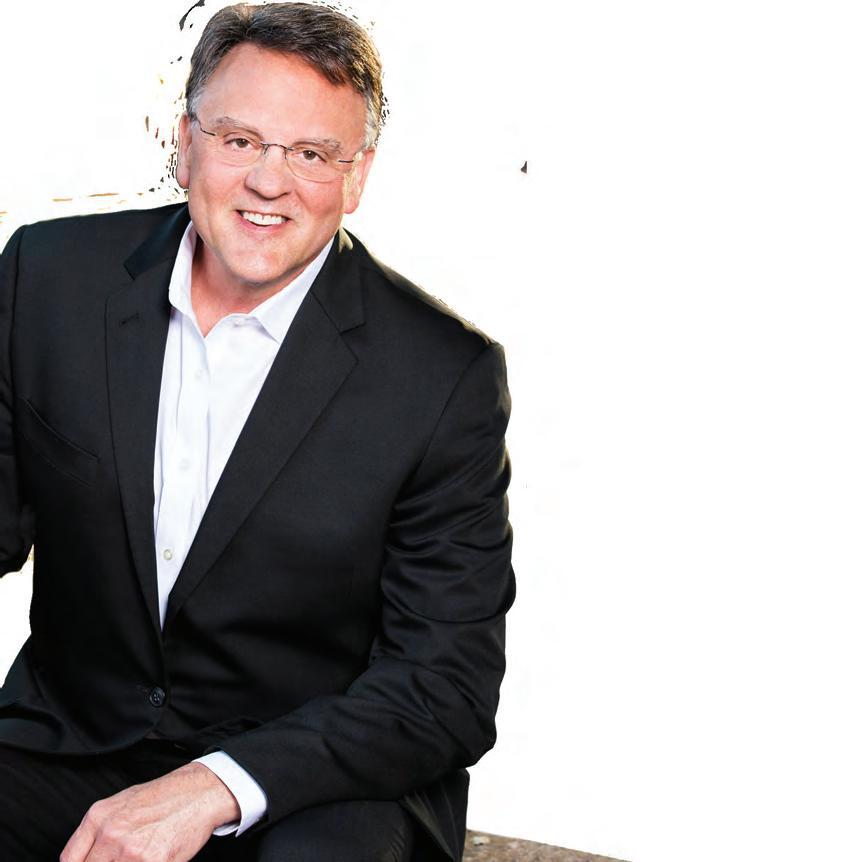
Dr. Culpepper has led Bent Tree Family Physicians for 34 years, growing from a solo practice into a successful group of 7 MD’s and 13 mid-level providers, in North Dallas and Frisco. Bent Tree Family Physicians is a nationally recognized primary care practice that blends the traditions of personalized healthcare with the latest medical science and technology.
Dr. Culpepper co-founded Jefferson Physician Group (JPG), where he has served as CEO for 26 years. JPG is a group of over 500 practitioners dedicated to improving North Texas healthcare and to protecting the innovation of independent medical practices.
Dr. Culpepper has demonstrated leadership at every level of his career, from serving as Chief Resident during his training at U.T. Southwestern Medical School, to becoming the Chief of Staff and Founding Chair of the Family Medicine Department for THR Presbyterian Hospital.
He has served on the Board of Trustees for Medical City Hospital Plano and Frisco, in addition to the Foundation Board of the Dallas County Community College District.
His unique passion for healthcare has been rewarded with multiple honors, including 29 consecutive years as “Best Doctor” in D Magazine , and 18 consecutive years as “Top Doctor” in Texas Monthly
Dr. Culpepper believes that the strength of America’s healthcare comes from independent physicians, and he has dedicated his life to protecting the physician’s role as the leaders of patient advocacy.




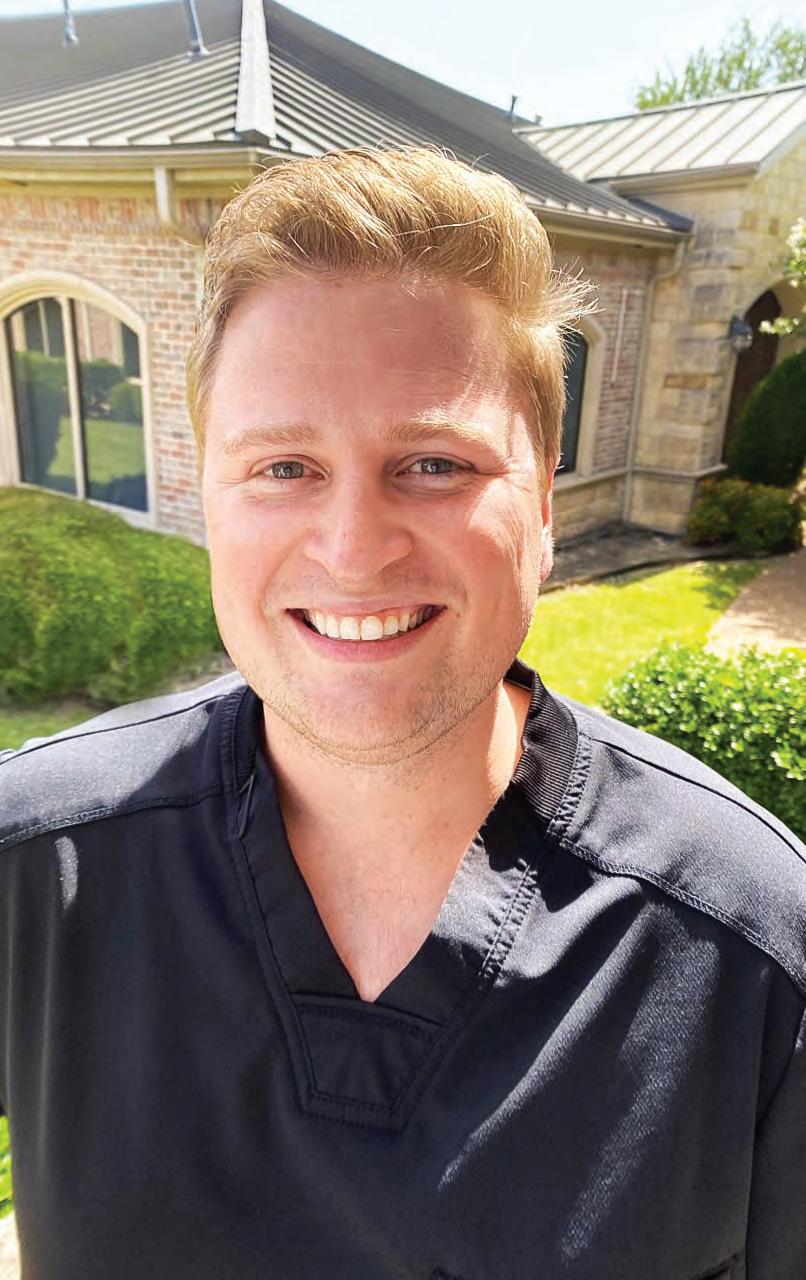
Collin Jones, M.D. is a board-certified family physician. Dr. Jones was born in Plano, Texas and graduated from Trinity Christian Academy. He received a Finance degree from the University of Texas at Austin, completed medical school at the University of Texas Health Science Center at San Antonio, and finished a Residency in Family Medicine at Mayo Clinic.
Dr. Jones is proud to have joined Bent Tree Family Physicians in 2019, a practice where he was a patient as a child. Dr. Jones is dedicated to individualized treatment plans for his patients. He believes that every patient can unlock a healthy life when given the right tools, knowledge, and encouragement.
Dr. Jones’s clinical interests include:
• Diabetes
• Hypertension
• Sports Medicine
• Cardiovascular Care
• Anxiety and Depression
• Preventive Care



Jefferson Physician Group (JPG) is a network of over 200 independent physicians, working cooperatively to preserve the private practice of medicine and to provide the greatest value in healthcare.
Founded in 1995, JPG believes that independent physicians deliver the highest level of personalized care and offer the greatest opportunity for healthcare innovation.


Planning has many benefits. Planning a vacation or a joyous occasion such as a wedding or baby shower often result in months of discussion and attention to details. Much effort goes in to making certain that everything goes smoothly, and no stone is leftunturned. If you are fortunate enough to not worry about expenses, the planning is even more fun. The result is gratifying, and the stories told recounting the amazing event will go on for years. Naturally, an event that will not be pleasant to attend or even think about for that matter is not something that anyone wants to discuss or certainly plan for. However, while we plan for retirement, college, weddings, and vacations, many people fail to plan for the one thing we all, without exception, have in front of us. Over the course of my career, I have met with many families who have lost a loved one. Not a single family whose loved one planned has expressed regret or displeasure. On the other hand, I talk with families who are completely caught offguard and have no idea what the person who has died would have wanted for their fial arrangements.
Your opinion does matter because it may be the only time your family will hear you say what you prefer when it comes to your funeral, burial, or cremation. Sitting down with a pre-planning professional at your funeral home of choice will bring you peace of mind and allow you to guide the process as you want to, not leave all the important details to your family to struggle through after you are gone. Pre-planning also assures that the cost is what you are comfortable with and when pre-planning, you will have payment options that are typically not available after someone has died. Most plans today are fully transferable should you relocate and by prepaying, you lock in the cost at today’s price, thus protecting your family from inflation.
Talk about this subject with your family while you can express your feelings and desires. The peace of mind you will have once the discussion is over and you have a plan in place will be remarkable. Furthermore, your opinion will be heard because it does matter!

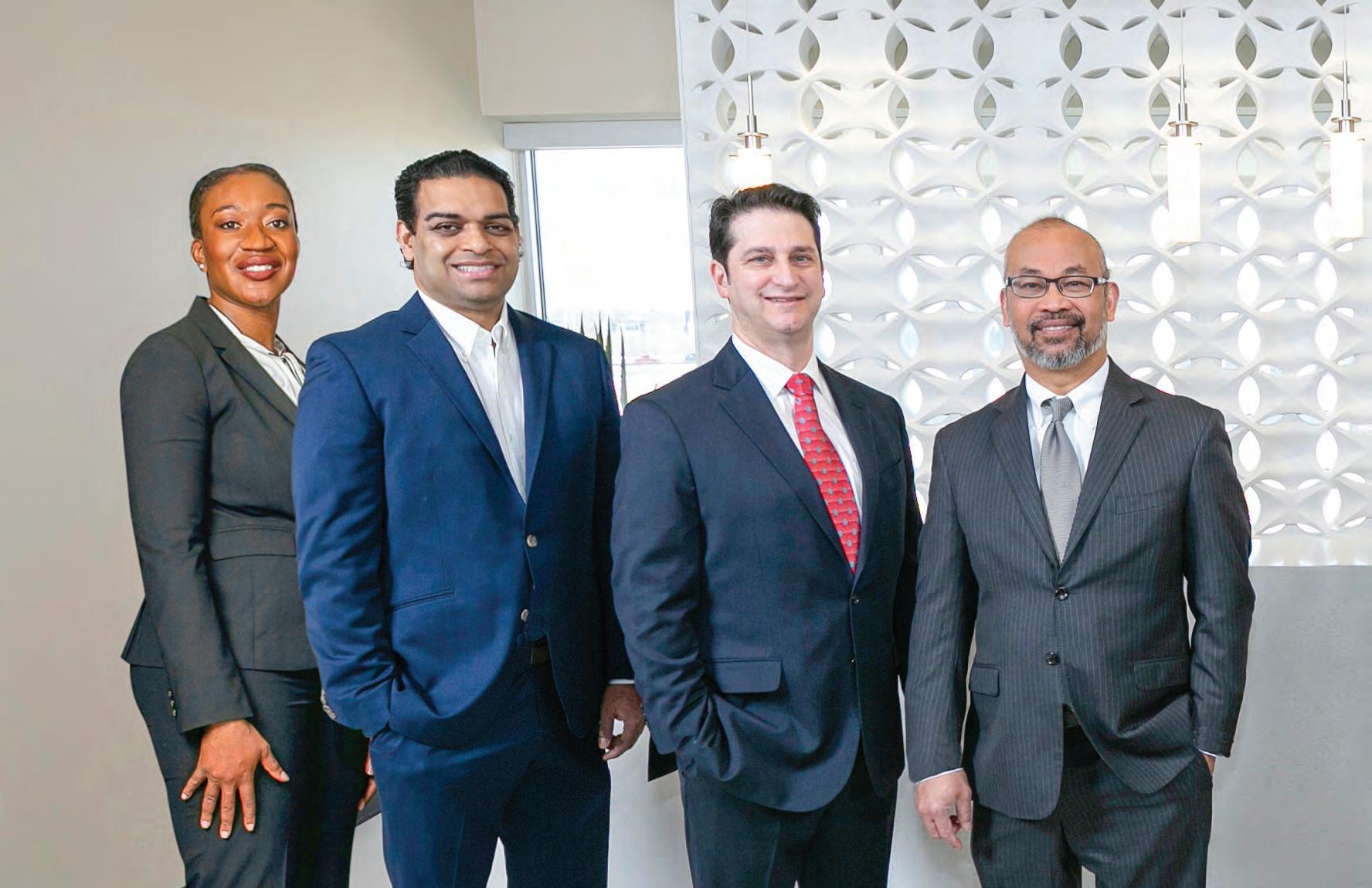 OGUNRO, DO Hand Surgeon
OGUNRO, DO Hand Surgeon
 Orthopaedic Surgeon
Orthopaedic Surgeon & Sports Medicine Specialist
Orthopaedic Spine Surgeon
Orthopaedic Surgeon
Orthopaedic Surgeon & Sports Medicine Specialist
Orthopaedic Spine Surgeon
At North Texas Orthopaedic & Spine (NTOS), patients of all ages are given the focused, individualized care they need in order to live fully and comfortably. The team at NTOS has a high level of expertise in the diagnosis and treatment of conditions involving the spine, joints, and bones.
Patients appreciate the practice’s ability to educate them thoroughly about their conditions and give them the tools that they need to take control of their well-being. Whether the patient is an athlete with an injury or someone who has a long-term condition that affects their daily life, the NTOS team works alongside them to get them back to a full, active life. NTOS offers treatment for shoulder pain, tennis elbow, torn ACLs, sciatica, carpal tunnel, herniated disc, scoliosis and more. These and other conditions can get in the way of your work, hobbies, and general enjoyment of life.
VUDHI SLABISAK, MD OLABISI BRUCE MARKMAN, MD RAHUL BANERJEE, MD


4090 Mapleshade Ln., Ste. 100 Plano, TX 75093
4833 Medical Center Dr., 6E McKinney, TX 75069
874 West Hwy., 243, Suite 110 Kaufman, TX 75142


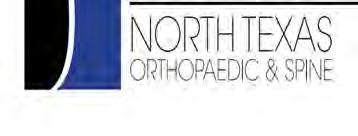
Lakewood Medical Center 6243 Retail Rd., Ste. 500 Dallas, TX 75231
3670 West Wheatland Rd. Dallas, TX 75237
7589 Preston Rd., Ste. 500 Frisco, TX 75034
8080 Independence Pkwy., Ste. 100 Plano, TX 75025
600 East Taylor St., Ste. 304 Sherman, TX 75090
3110 Parks Center Drive Tyler, TX 75701





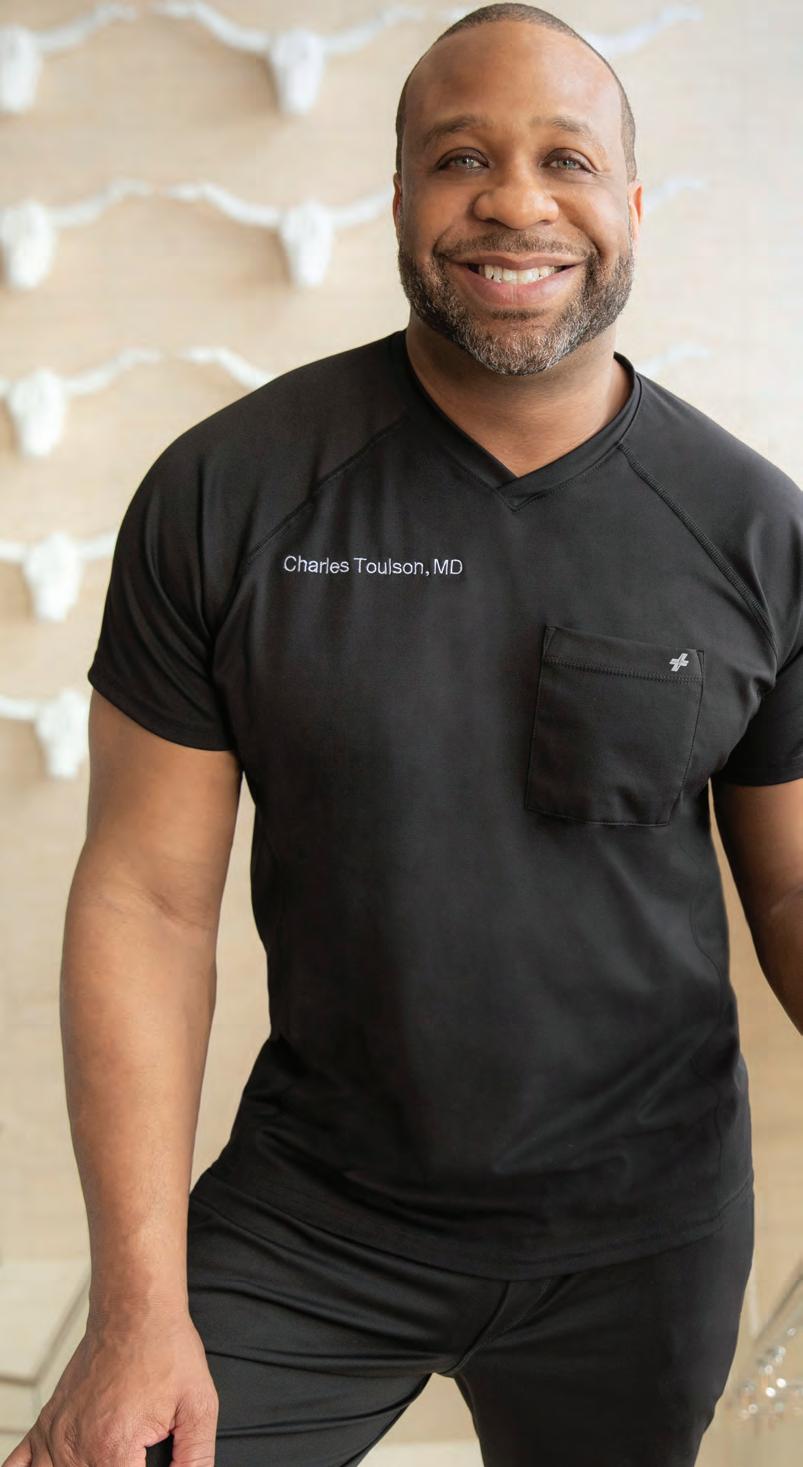

I was fist diagnosed with major depression at the age of 31. I was married, had two beautiful kids ages 7 and 3, and owned a thriving business. Yet, despite having so much to live for, my mood plummeted into despair. I lost all motivation to do anything. The simplest everyday tasks suddenly required an extraordinary effort. At night, I’d lie awake ruminating over every minor thing I had ever said or done wrong—or less than perfect. My life felt utterly worthless, despite all evidence to the contrary, and I became engulfed in sorrow and hopelessness.
As days turned into weeks, I continued to spiral downward. I became increasingly focused on death. I wasn’t suicidal, per se—though thoughts of the least painful methods of ending my suffering swirled around in my mind. I wanted nothing more than to fall asleep and never wake up again.
Unable to endure the pain and emptiness any longer and terrifid by my thoughts, I fially sought help. My doctor prescribed an antidepressant, and within a few weeks, the darkness lifted. I was once again, my usual happy, energetic self.
But this was only the beginning of a lifelong battle with depression. Over the past couple of decades, I’ve had far too many bouts of depression to even count. Some are mild and short-lived, having minimal impact on my functioning, despite the bleak and gloomy outlook that looms over me. Other episodes are major and impact all areas of my life.
Recently, I experienced my fist dysthymic episode—a depression that lasted two years, cycling between mild and severe. I had become resistant to my long-trusted friend, Wellbutrin, and none of the other medications I tried gave me any relief. Finally, I found a psychopharmacologist who knew just the right cocktail (a combination of medications) for me, and my depression went back into remission.
People with one depressive disorder often suffer from various forms. I’ve been diagnosed with major depressive disorder, dysthymia, seasonal affective disorder (SAD), and either cyclothymia or bipolar II (hypomania, rather than mania), with the depression component being the more severe problem for me.
Women are particularly at risk for depression. Depression does affect both women and men. But women are twice as likely to experience major depression, according to Harvard Medical School. Women also experience higher rates of dysthymia, seasonal affective disorder (SAD), and the depressive side of bipolar disorder.
Depression, unlike the normal sadness everyone experiences from time to time, is a soul-sucking darkness that’s debilitating. It causes feelings of hopelessness, helplessness, and worthlessness. Depression can affect every aspect of life, from work and school to parenting, friendships, and the very basics of living.
For most women who’ve been diagnosed with depression in the past, the feeling is unmistakable when it begins to set in. But those
who suffer from milder forms of depression and sometimes, even those suffering from a fist major depressive episode, don’t immediately connect all the dots. So, some people can experience depression and not realize they’re suffering from a treatable illness.
Symptoms of depression can range from mild to severe. Not everyone experiences every symptom. But several symptoms must be present for at least two weeks to receive a diagnosis of depression. The exact criteria for specifictypes of depression vary slightly. But the following are all indicators.
• Feeling depressed (sad, empty, or hopeless) nearly every day for at least a couple weeks
• Unusual irritability or diffilty controlling anger
• Ongoing trouble sleeping or sleeping more than usual
• An increase or decrease in appetite or significant unexplained weight loss or gain
• Loss of interest or pleasure in all or most activities
• Diffilty concentrating or making decisions
• Feelings of fatigue or loss of energy
• Excessive or inappropriate feelings of guilt or worthlessness
• Visible psychomotor slowing down or agitation
• Recurrent thoughts of death or suicide, with or without a plan, or attempted suicide
There are quite a few classifiations, or types, of depression. The following are a few of the more common. In any given year, major depressive disorder affects nearly 7% of the U.S. population, according to the National Institutes of Mental Health (NIMH). During a major depressive episode, almost all aspects of a person’s life are affected. Someone suffering from major depression may lack the motivation to do anything, including such necessities as taking a shower. Because of the impairment, both work and personal life suffer. In addition to the symptoms noted above, 20% of those with major depression will also experience psychosis (hallucinations or delusions).
Dysthymia is diagnosed when someone experiences depression for most of each day and on most days for at least two years. It’s often a lower level yet enduring depression. But those with major depression who are treatment-resistant can also meet the diagnosis of dysthymia. So, impairment from dysthymia can range from mild to severe. Women, according to HealthFundingResearch.org, are three times more likely than men to suffer from dysthymia.
Those with seasonal affective disorder (SAD) become depressed only or primarily during a particular season. For most with SAD, it’s

during the fall and winter months resulting from the shorter days and reduced sunshine. But some people experience SAD during the summer months instead. The onset of SAD is typically around the age of 20 and affects 10 million Americans each year.
Bipolar disorder affects 2.6% of American adults, according to the NIMH. Ths treatable, but lifelong disease typically develops in women in their mid to upper 20s. For men, the onset is usually in the teens to the early 20s. Bipolar is signifid by its bouts of both mania (or hypomania) and its opposite extreme, depression. Though an individual with bipolar will experience both sides of the spectrum, in women, depression is often the most problematic. For men, it’s the mania. Those with bipolar often experience psychosis during bouts of mania and sometimes with depression.
Postpartum depression will affect 10 to 15% of women, according to the NIMH. Postpartum depression shouldn’t be confused with the “baby blues,” which is milder, short-lived, and related to the worry and fatigue of parenting a new baby. Instead, postpartum depression results from hormonal changes. During pregnancy, a woman’s hormone levels increase. Then immediately following childbirth, hormone levels rapidly drop to normal levels. Ths ultimately results in depression in some women. Like other forms of depression, it can be mildly to severely debilitating.
The exact cause of depression is unknown. But several factors likely contribute to the condition. According to the Mayo Clinic, those with depression have physical changes in their brains. These changes in the brain may eventually help researchers determine the exact cause of depression.
Depression is also genetic. A higher incidence of depression has been found in those with blood relatives who suffer from the condition.
Brain chemicals called neurotransmitters play a role in depression. The Mayo Clinic explains that the way neurotransmitters function and their effect on the neurocircuits involved in mood stability plays a signifiant role both in depression and its treatment.
Hormonal changes can also play a role in depression, particularly for women. During pregnancy and for several months following pregnancy, women are especially vulnerable. Menstruation cycles and menopause can also trigger depression.
In some cases, depression results from an underlying medical condition such as thyroid problems or low vitamin B levels. For this reason, it’s essential to visit your primary care physician for blood work to rule out other causes. If the cause of depression is an underlying medical condition, treatment for that condition is likely all that’s needed to cure the depression.
If medical causes have been ruled out, then it’s best to consult with a psychiatrist. Although primary care physicians can treat depression, psychiatrists have specialized training in diagnosing the various forms of depression and experience in treating them. Psychiatrists often know which medications will work best for a particular patient based on a variety of factors. In fact, depending on the type of depression and the specificset of symptoms, some people with depression require a combination of antidepressants, anti-anxiety medications, and mood stabilizers. Psychiatrists know how to tailor treatment to each individual for optimal results.
For those who are treatment-resistant, look for a psychiatrist with the special ‘psychopharmacologist’ designation. Psychopharmacologists have gone through additional specialized training in how drugs affect the mind and behavior.
In addition to medication, many psychiatrists recommend cognitive therapy with a psychologist or behavioral therapist in conjunction. Ths can help people cope with the effects of depression as well as dealing with any underlying trauma or events fueling the depression.
Finally, for those with SAD, sitting under a light therapy box is often recommended and can be helpful. You can order one online, and depending on your doctor’s recommendations, you can sit under it for 20 to 40 minutes each day.


Foot and ankle pain can ruin your dance moves. The joint specialists at Orthopedic Institute of North Texas can resolve your pain and return you to the activities you’ve been missing. We offer comprehensive operative and non-operative orthopedic expertise to resolve your joint issues with care, compassion, and confidence.
Returning you to a fuller more productive life is our priority and you can depend on us throughout diagnosis, treatment, and recovery. You can rely on our doctors to fully discuss every step of your medical treatment until you feel comfortable and confident that the solutions we recommend will deliver the best possible outcome.
Don’t put your life on hold one day longer because of joint pain. Call Orthopedic Institute of North Texas today.
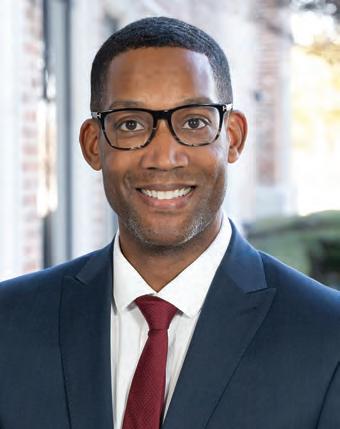
Education:
Medical School:
Lincoln Memorial University DeBusk College of Osteopathic Medicine, Harrogate, TN
Residency:
Orthopedic Surgery, Wellmont Health Systems, Kingsport,TN
Fellowship:
Las Vegas Foot and Ankle Fellowship, Las Vegas, NV
Memberships:
• American Academy of Orthopedic Surgeons
• American Osteopathic Academy of Orthopedics
• American Orthopedic Foot and Ankle Society
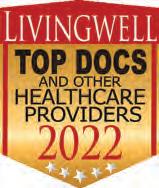
Dr. Butler joined the Orthopedic Institute of North Texas (OINT) in September of 2021, bringing his expertise in foot and ankle, and sports medicine to the practice. He specializes in total ankle replacement (TAR), arthritis and deformity correction, PARS Achilles repair, lateral ankle instability, foot and ankle cartilage injuries, trauma, 4-D DynaBunion and Lapiplasty bunion correction, minimally invasive bunion and foot/ankle surgeries and other procedures.
Dr. Butler enjoys exploring Dallas/Fort Worth and travels globally with his wife, Kathryn and son, Roman. In his free time, he loves playing tennis, working out, participating in, and attending sporting events, and spending time with friends and family.
LAW FOR SENIOR ADULTS & THEIR FAMILIES
Elder Law is first and foremost about empowering seniors. Elder Law services help you address issues of living arrangements, financial well-being, healthcare options, and the ultimate disposition of assets, enabling you to make your own choices and decisions about managing life as you age.
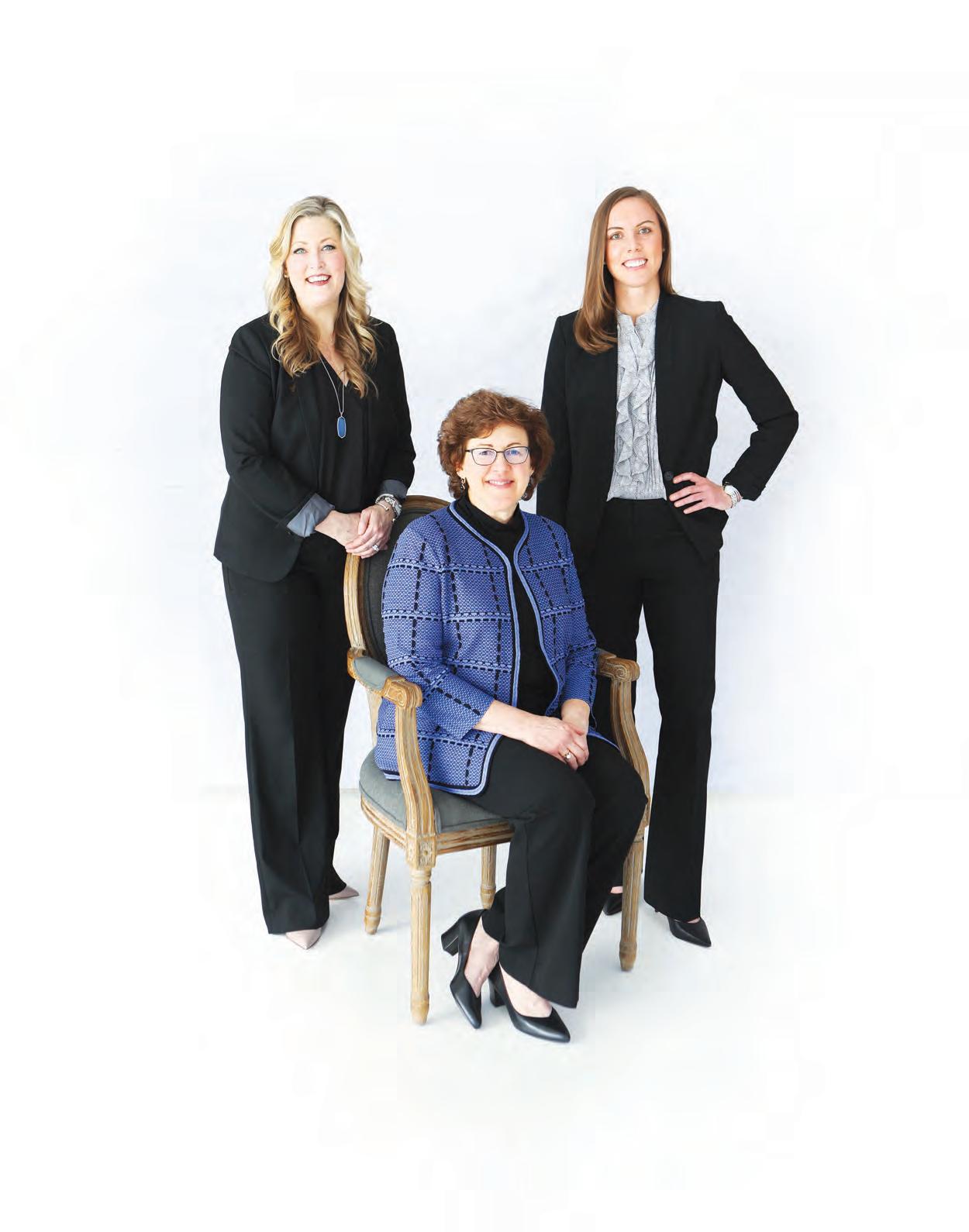



Leu & Peirce has many reasons to support efforts to end Alzheimer’s disease. As Elder Law attorneys, we witness daily the devastating effects of Alzheimer’s and other types of dementia on our clients and their families. Alzheimer’s is a progressive, fatal disease that destroys a person’s memory and brain functioning over time. Alzheimer’s disease is the most common form of dementia, accounting for 60% to 80% of dementia cases. More than six million Americans are living with Alzheimer’s, which kills more people each year than breast cancer and prostate cancer combined. Notably, Alzheimer’s and dementia deaths have increased by 17% during the COVID-19 pandemic. In 2022, Alzheimer’s disease will cost the United States $321 billion, with this number projected to rise to nearly $1 trillion by 2050.
Thanks to the Alzheimer’s Association, individuals living with Alzheimer’s, their caregivers, and loved ones are not fihting this disease alone. Formed in 1980, the Alzheimer’s Association is the leading voluntary health organization for Alzheimer’s care, support, and research. Though fundraising, the Alzheimer’s Association provides care and support for individuals living with Alzheimer’s and other dementias on a national and local level, funds critical research for treatment and prevention, and serves as the leading voice for Alzheimer’s disease advocacy. None of that would be possible without large-scale fundraising and community support. The Walk to End Alzheimer’s has evolved into the world’s largest event to raise awareness and funds for Alzheimer’s care, research, and support. Held in over 600 communities nationwide, this one-day event calls upon walkers of all ages to come out and support those touched by Alzheimer’s.
Leu & Peirce works closely with the Alzheimer’s Association’s Dallas and Northeast Texas Chapter and encourages the community to join us at the Walk to End Alzheimer’s on October 22, 2022, at Grandscape in The Colony (outside Nebraska Furniture Mart). In fact, the whole Leu & Peirce team and their families, the “Wonder Walkers,” will be there showing their support for the more than 400,000 people in Texas living with Alzheimer’s. There will also be a Walk to End Alzheimer’s in Dallas on November 5, 2022, at Dallas City Hall Plaza. Participation in the Walk to End Alzheimer’s is simple. Sign up individually or as a team
at www.alz.org/greaterdallas. The Alzheimer’s Association will continue to closely monitor the Centers for Disease Control and Prevention (CDC) to ensure all walk events adhere to public health guidelines and are safe for attendees.
Leu & Peirce believes wholeheartedly in the mission to end Alzheimer’s through research, care, and support for those affected by the disease. As Elder Law attorneys, we strive to alleviate the anxiety of our clients by providing a comprehensive roadmap to planning for a future with dementia.
After a diagnosis of dementia, you may ask: “Who will take care of me when I need help? How will I pay for the care I need? Who can I trust to protect me?” Attorneys who devote their practice to Elder Law can help you understand your options and guide you through these important decisions. With special sensitivity to the legal issues surrounding the healthcare of older adults, Elder Law attorneys empower seniors through the long-term care planning process by ensuring proper estate planning documents are in place and assisting with planning for the cost of long-term care.
It is estimated that every 65 seconds someone in the United States develops Alzheimer’s disease. Although Elder Law attorneys strive to protect the future of those who suffer from Alzheimer’s and other types of dementia, these legal safety nets are only temporary solutions until a cure can be found. It takes action and resources to make a difference, and everyone can help lead the way.
Educate your family, friends, and colleagues that all of us are at risk of being touched by Alzheimer’s and encourage them to join the fiht to fid a cure. Currently, one in three seniors dies with Alzheimer’s or another dementia, and Alzheimer’s is the only leading cause of death that cannot be prevented, cured, or even slowed. A permanent solution can only come from a cure, and a cure can only come with your help.
Bring your family and friends with you to support the Walk to End Alzheimer’s at Grandscape in The Colony on October 22 or in Dallas on November 5 and join a community of others walking together to end Alzheimer’s.
Lori Leu, Erin Peirce, Lauren Olson, and Emily Seale are Elder Law attorneys with Leu & Peirce, PLLC located in Plano, Texas. They can be reached at 972-996-2540.

Southwest Foot & Ankle Center is a respected group of board certified foot and ankle surgeons. They are fellow trained surgeons, and board certified in wound care and reconstructive surgery. All physicians have also completed an intense residency and fellowship in the area of limb salvage, and foot and ankle surgery. The team at Southwest Foot & Ankle Center strive to make each patient’s experience personable. Our outcomes are of perfection and meticulous in surgery. As a result, patients from all over the country seek to be treated by DFW Wound Care Center.

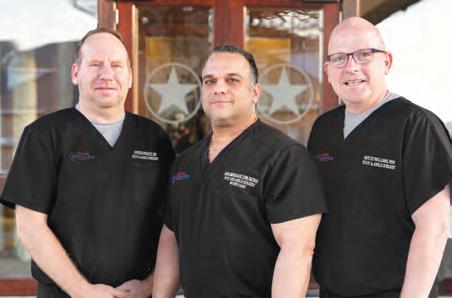
Invasive Surgery
Heel Pain (Plantar Fasciitis) Stem Cell Therapy
Neuropathy
Ingrown Toenails
Tarsal Tunnel Syndrome Diabetic Foot Care Flat Feet Trauma Wound Care
Custom Orthotics & Braces
Laser Therapy for Pain, Swelling, Arthritis, and Wounds


Attorney Deandra M. Grant is the Managing Partner of Deandra Grant Law’s five offices. She is an international speaker on DWI law, science and trial skills. As the author of the annually updated Texas DWI Manual, she is viewed by her peers as being a leader in her field. Deandra understands the science behind alcohol absorption and elimination rates and can use this knowledge to competently defend you.
Deandra formerly was an assistant district attorney. Her tenure as a prosecutor focused on DWI prosecutions which has given her firsthand knowledge on how to counter the prosecutor’s evidence and strategy. Deandra has spent hundreds of hours in training courses and programs related to DWI defense and has completed the certification course to administer standard field sobriety testing (SFST), the same training course taught to police officers nationwide on how to identify drunk drivers during traffic stops. As a certified SFST Instructor, Deandra has taught the course to other attorneys. She’s also completed the coursework on DWI forensic blood and urine testing.


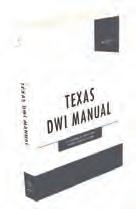
Co-Author of the Texas DWI Manual
“I have a masters degree in pharmaceutical science and a graduate certificate in forensic toxicology. I am able to take apart evidence in ways a lot of other attorneys are not able to do. The most important part of my job is being the barrier between the government and my client. Standing between them. Making sure their rights are protected.”
–DEANDRA GRANT


When you need top quality parts and service, look to Plano Power Equipment.
To keep your equipment in top shape, you can count on Plano Power Equipment’s retail pats sales and servicing of Toro®, Echo®, Scag®, equipment using genuine manufacture parts.






Experience the residential zero-turn riding mower with commercial mower features.





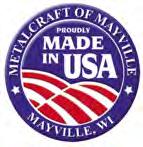
Dr. Courtney is a board-certified orthopedic spine surgeon located in Plano, Texas. A Louisiana native, he attended Louisiana State University for medical school, and completed residency at Texas A&M followed by a fellowship at the Florida Neck and Back Institute.
SPECIALTIES:
• Back Pain
• Neck Pain
• Spine Pain
• Disc Replacement
• Microdiscectomy
• Spinal Fusion
• Minimally Invasive Surgery
• Steroid Injections
• Physical Therapy
“I believe in treating each of my patients with honesty, dignity, and respect. My patients come away from our shared interactions feeling confident, assured that they are truly in the best hands. Throughout my career, I have remained laser-focused on providing world-class care and innovation to the patients I treat on a daily basis. I look forward to getting to know you!”





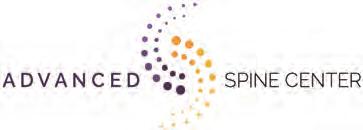
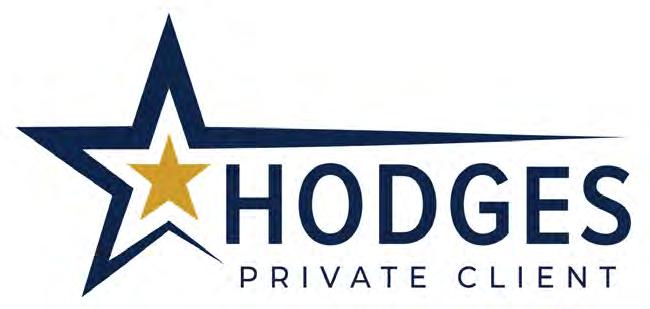







Brian Nwannunu, MD, MS, is an orthopedic surgeon specializing in hip and knee replacement. He cares for patients at Alpha Orthopedics & Sports Medicine’s offices in Sherman and McKinney, Texas.
Dr. Nwannunu, a native of Dallas, graduated Valedictorian from the High School for Health Professions at Townview Magnet Center in DISD. He then earned his bachelor’s degree in Biology at Morehouse College in Atlanta, Georgia, where he was part of the Morehouse College Honors Program. Upon graduation, he completed his master’s degree in Physiology at Georgetown University in Washington, D.C., with a concentration on complementary and alternative medicine. Dr. Nwannunu then graduated with his medical degree from Howard University College of Medicine in Washington, D.C., where he was inducted into the Alpha Omega Alpha Honor Medical Society.
Dr. Nwannunu completed his residency in orthopedic surgery at the John Peter Smith Health Network in Fort Worth, Texas, before pursuing additional training with a fellowship in adult reconstruction at Baylor College of Medicine in Houston, Texas. In addition to his clinical training, Dr. Nwannunu enjoys mission work abroad, providing medical care and health education to populations in need.
He is a member of the American Medical Association, National Medical Association, American Academy of Orthopaedic Surgeons and the American Association of Hip and Knee Surgeons.
When not working, Dr. Nwannunu enjoys basketball, weight training, outdoor activities, attending art and music festivals, traveling, world news, and reading.


DFW Wound Care Center is a group of wound care specialists in all of the DFW area. They are fellow trained surgeons, and board certified in wound care and reconstructive surgery. All physicians have also completed an intense residency and fellowship in the area of limb salvage, and foot and ankle surgery. When it comes to wound care and limb salvage, DFW Wound Care Center has the knowledge and experience to successfully treat your condition. As a result, patients from all over the country seek to be treated by DFW Wound Care Center.
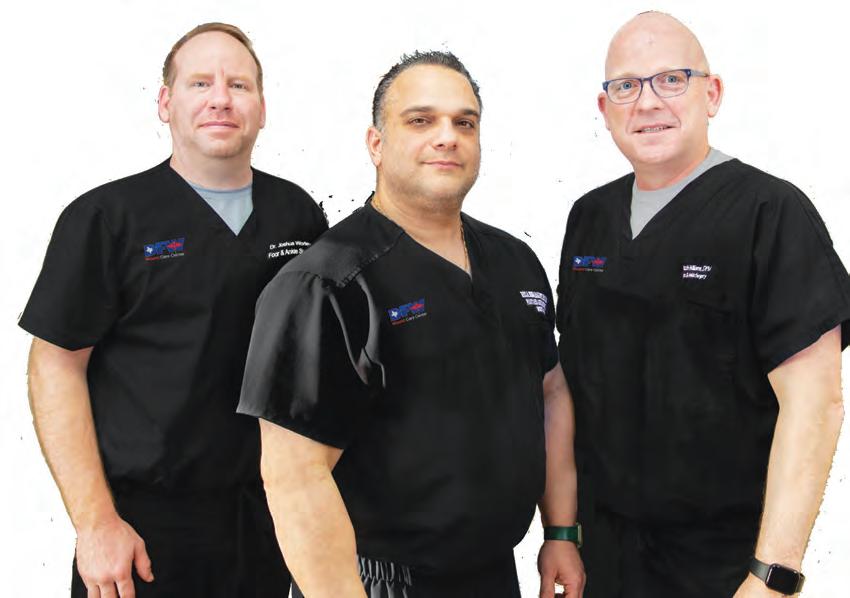
Whether caused by diabetes, infection or disease, any wound that will not heal can be very serious. If you are experiencing a wound or ulcer that will not properly heal, our wound care center can provide a range of expert treatment options best in each case. We offer non-surgical and surgical treatments for:
Diabetic Wounds & Ulcers
Arterial Ulcers
Infected Wounds
Open Wounds
Pressure Ulcers
Vascular Wounds
Acute Wounds
Non-Healing Wounds
Chronic Wounds
Surgical Wounds
Traumatic Wounds
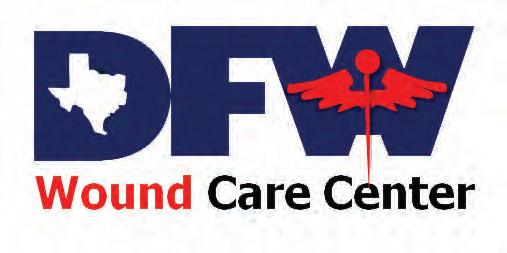
dfwfootdoc
swfacenter
thedfwfootdoc

PLANO CLINIC 5804 Coit Road, Ste. 100 Plano, TX 75023
LEWISVILLE CLINIC 502 N. Valley Pkwy., #2 Lewisville, TX 75067
IRVING CLINIC
6161 N. State Hwy. 161, Ste. 320 Irving, TX 75038
DESOTO
714 N. Hampton Rd. De Soto, TX 75115
“Remember that the happiest people are not those getting more, but those giving more.”
– H. JACKSON BROWN JR.
Volunteering is an excellent way for families to make a difference in their communities and offers lots of benefits to those who volunteer their time and skills. First and foremost, nothing is more rewarding than knowing you’ve made a difference in someone’s life. What’s more, volunteering raises kids’ sense of civic responsibility. It’s a great skill-building experience and offers socialization opportunities for kids and adults alike. It also makes for an excellent bonding experience with your kids.
Regardless of where you live, countless volunteer opportunities are available—and there’s something to fit every family’s talents and interests. So share these ideas with your kids to see what triggers their enthusiasm. Then make a family plan to put it into action.
Volunteer at a soup kitchen or food pantry. People that are impoverished or homeless are always in need of nutritious food and meals. Search online for local soup kitchens and food pantries. Then call and speak to the manager, and offer your family’s service. Be sure to mention the age of your kids in case there are age restrictions. At a soup kitchen, you can help prepare and serve a meal or do kitchen cleanup. For a food pantry, help with stocking or putting together food baskets for families in need. Some pantries also need delivery assistance since many low-income families don’t have transportation to pick up their food supply.
Help out at an animal shelter. Cats and dogs spend days, weeks, and often longer cooped up in small kennels or crates with little opportunity to exercise or socialize. Offer to spend an afternoon walking dogs or playing with cats. There are many other things you can do for a shelter, too. You can transport a pet to a new home, clean kennels, donate supplies, or help fid loving homes through social media.
Adopt a road or park for cleanup. Most states have adopt-a-highway programs. These typically require a signed contract for a period of 2 to 4 years with a promise to clean up a designated area 2 to 4 times a year. Alternatively, you could pick an unsightly city street and head out to clean up the debris. Keep kids safe by requiring them to stay offthe road and picking up litter only on the boulevard. If you have younger kids, park cleanup is a safer option.
Paint a park bench. Benches can be found in parks as well as shop-

ping districts and along bus routes. Contact your city hall or parks and recreation department, and request permission to freshen up a bench. If your family is artistic, ask if you may do something creative to make it more cheerful.
Help build a house with Habitat for Humanity. Ths organization helps build and renovate homes for families in need of safe shelter Visit habitat.org to fid your local Habitat organization, and ask how you can help. Habitat also offers a teen volunteer program.
Send letters to military members overseas. Veterans, new recruits, and deployed troops deserve and need to know just how much we appreciate their dedication and service to our country. For more information, visit https://www.operationgratitude.com/writeletters/
Hold a coat, blanket, and backpack drive for the homeless. Homelessness exists in every community throughout the country, whether visible or not. Homeless people are always in need of warm coats and blankets as well as a way to easily carry their bare necessities. Coordinate with a local homeless shelter, and set up several drop offlocations throughout your community. Then create and pass out flyers in your neighborhood, on parked cars, and at street corners. You can also post flyers on grocery store and laundromat bulletin boards, share them in social media, and email family and friends to help spread the word.
Help an older adult by running errands. Do you know an older person who doesn’t drive or own a vehicle? Offer to transport them to do their errands and grocery shopping. If it’s too difficult for the older person to go out, you could offer to do the errands for them.
Put together care kits for homeless shelters. Ask local businesses to donate items for the homeless care kits you plan to create. The following are useful items to include in each kit: toothpaste, toothbrush, dental flos, a comb, bar of soap, shampoo, a package of hand wipes, razor, shaving cream, protein bars, and other small useful items. Any food items should be non-perishable and require no preparation.
Help someone who’s visually impaired. Search online for your local organization for the visually impaired and offer your help. A visually impaired person may need assistance with cleaning, cooking, yard work, or errands. You can also ask the organization about other ways you can help.
Homeless people are always in need of warm coats and blankets as well as a way to easily carry their bare necessities.

Offer your service to a domestic violence shelter. Coordinate with a local women’s shelter to hold a clothing and toy drive. Or put together arts and craftskits, and spend an afternoon teaching a craftworkshop for kids at the shelter. Childcare is also often needed for working mothers staying at the shelters.
Hold a bake sale for a charity Pick your favorite charity, and hold a bake sale to raise funds for it. Just ask a busy local business or grocery store if you can set up a table on a given day for your charity bake sale. Then invite family and friends to pitch in and help with the baking.
Plant seeds or greenery along a highway or main street. Check with your city fist. Then contact management at local nurseries and ask them to donate plants or seeds for the project. Plant only native flwers, shrubs, and trees that won’t require watering or maintenance.
Rake, mow, or remove snow for a disabled person. If you don’t know anyone who’s disabled, ask coworkers or friends if they know of someone. Or do an online search for disability organizations in your area.
Foster a homeless animal. Animal rescues are always in need of families to foster homeless pets while awaiting permanent placement. Search online for pet rescues and animal shelters. If your family has a favorite breed, look for a breed-specific escue in your area.
Perform for children in a hospital. Countless kids suffer from diseases that require lengthy and sometimes indefinte hospital stays. If your family’s got talent, what better way to put it to good use? Search for a children’s hospital or wing in your area and arrange a date to perform for the kids. You could put on funny skits, perform magic, dance, play music, or do acrobats.
Dear Olivia,
There are many emotions that come along with deciding to put a family member on hospice, and then even more at a loved one’s passing. We have had a few family members who were on hospice in their final days, and we are not sure what resources are available to families such as ours. We would like information about resources that are available to cope with these difficult times.
Dear Living with Loss,
The grief and loss experience is unique for each individual impacted by someone’s passing away, but no one should go through the grief process alone. At the Visiting Nurse Association, we have licensed social workers, chaplains, and counselors available to help families navigate the grief and loss process. We have a quarterly bereavement
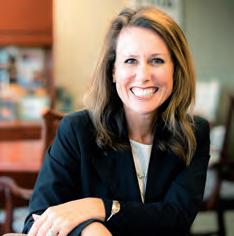
newsletter called Sharing the Journey, as well as other resource information on our website (see QR code). Our bereavement coordinators help families process the changes that come with loss, and they can offer additional community support resources as well, which are also listed on the VNA website, vnatexas.org. Please reach out and let us know if we can help during these challenging times.
~OliviaCoping with change and loss
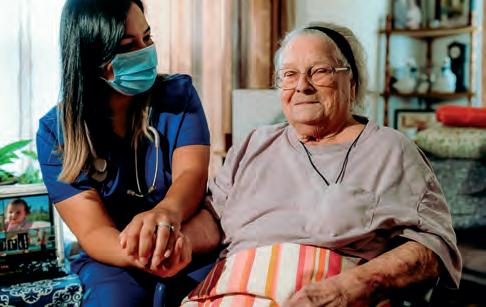
VNA Hospice Care focuses on living life to its fullest and treating you with the dignity and respect you deserve. As a nonprofit, our bottom line is patient support and care provided by our highly qualified staff.
To schedule your free in-home informational visit please call (214) 535-2615 or email gethelp@vnatexas.org For volunteer opportunities please call (214) 689-2271 or email volunteer@vnatexas.org
Dr. Litke is a passionate artist, both in her spare time and as an orthopaedic surgeon. At L&W Orthopaedics, she approaches every orthopaedic problem with an eye toward restoration of function and mobility. With a deep knowledge of the inner workings of the body’s most active and important joints, Dr. Litke is able to repair most hip, knee, and shoulder problems, giving her patients the freedom to move again. Assisting her skilled hands, she uses the latest state-of-the-art robotic equipment for accuracy and precision, delivering a powerful combination of experience and technology to all of her patients.
Dr. Litke earned her medical degree at the University of North Carolina Chapel Hill. She went on to complete her orthopaedic residency at the University of South Carolina in Columbia South Carolina. She is certi ed by the American Board of Orthopaedic Surgery, and is a Fellow of American Academy of Orthopaedic Surgery and a Fellow of the American Associaion of Hip and Knee Surgeons. Dr. Litke is the medical director of the Orthopedic Department for Methodist Health System and is a liated with the Methodist Richardson Medical Center, where she is the director of the joint program. When she’s not working, Dr. Litke enjoys photography and cycling.
Please call 972.498.4791 to schedule an appointment.
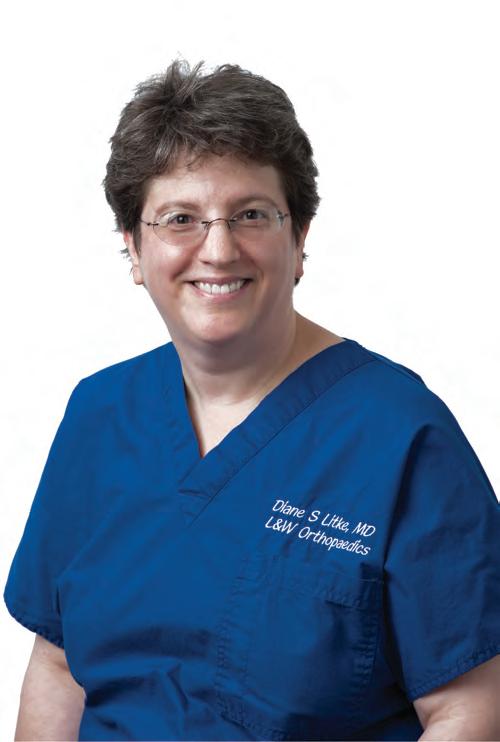
Orthopaedic Surgeons located in Richardson, TX

www.LWOrthopaedics.com
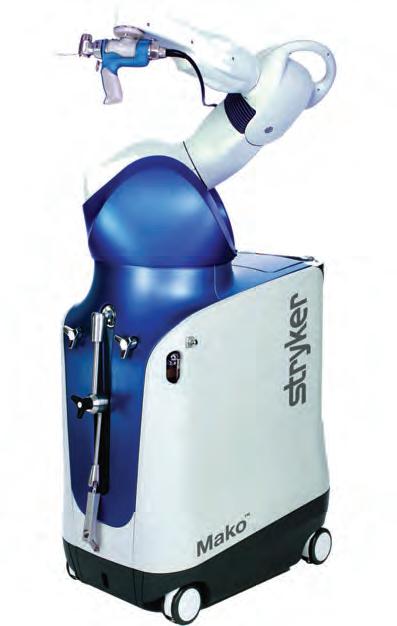

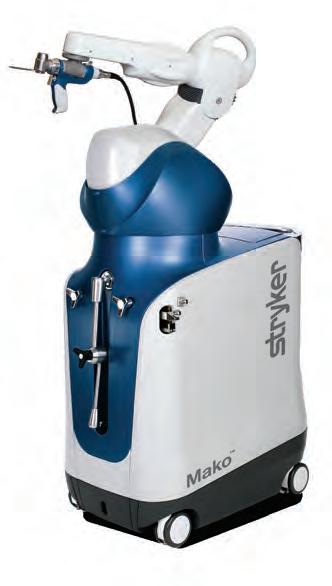

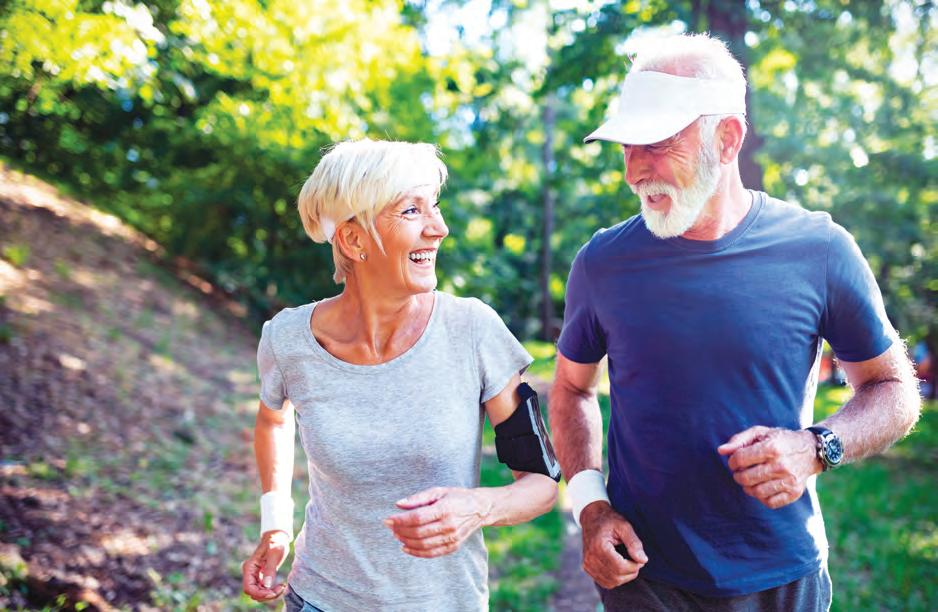
Rahul Banerjee, MD is a board-certified, fellowship-trained orthopaedic surgeon who specializes in hip and knee replacement, comprehensive management of fractures, and treatment of complex orthopaedic problems. Dr. Banerjee graduated from the University of Chicago Pritzker School of Medicine and completed his residency and fellowship at Brown University.
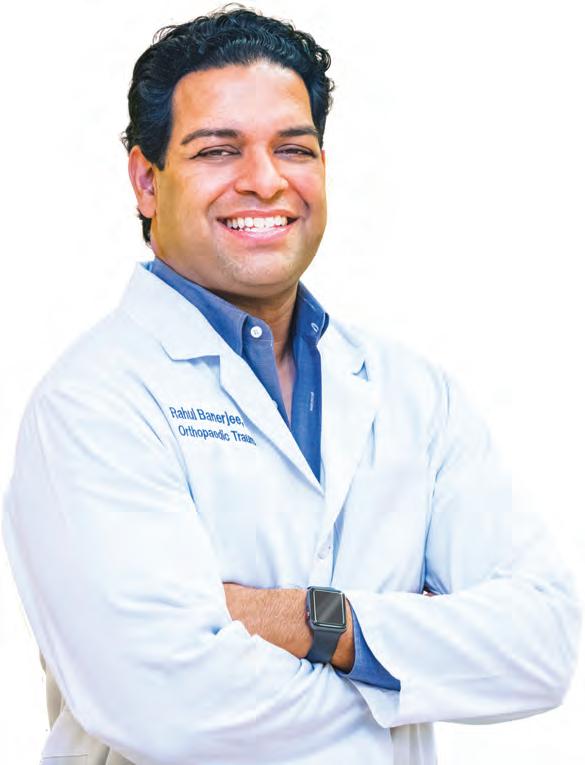
After training, Dr. Banerjee served in the United States Air Force and worked with the Army treating the injured and training residents in El Paso, TX. He was deployed to the War in Iraq and treated many soldiers and civilians.
After his military service, Dr. Banerjee joined the faculty at University of Texas Southwestern as Assistant Clinical Professor. In 2021, Dr. Banerjee joined North Texas and Orthopaedic Spine. Dr. Banerjee is available to see patients at office locations in Plano, Carrollton and Dallas.
• Total Hip Replacement
• Direct Anterior Hip Replacement
• Knee Replacement
• Treatment of Fractures
• Bone Deformity
• Nonunion of Fractures
• Limb Lengthening
• Elbow Injuries / Elbow Replacement
• Foot and Ankle Injuries
• Infections
• Total Hip Revision
• Total Knee Revision
“From the moment I met Dr. Banerjee, he listened to what I had to say and how I felt, that means a lot to me. After many years of knee pain and not being able to live the lifestyle I wanted, he agreed to do a total knee replacement. It was the best decision I ever made. He did an amazing job! Less than two months out and I am walking and biking like I haven’t been able to in years! It really changed my life!!!”
–David P.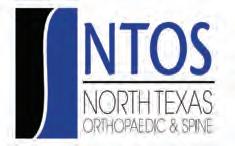
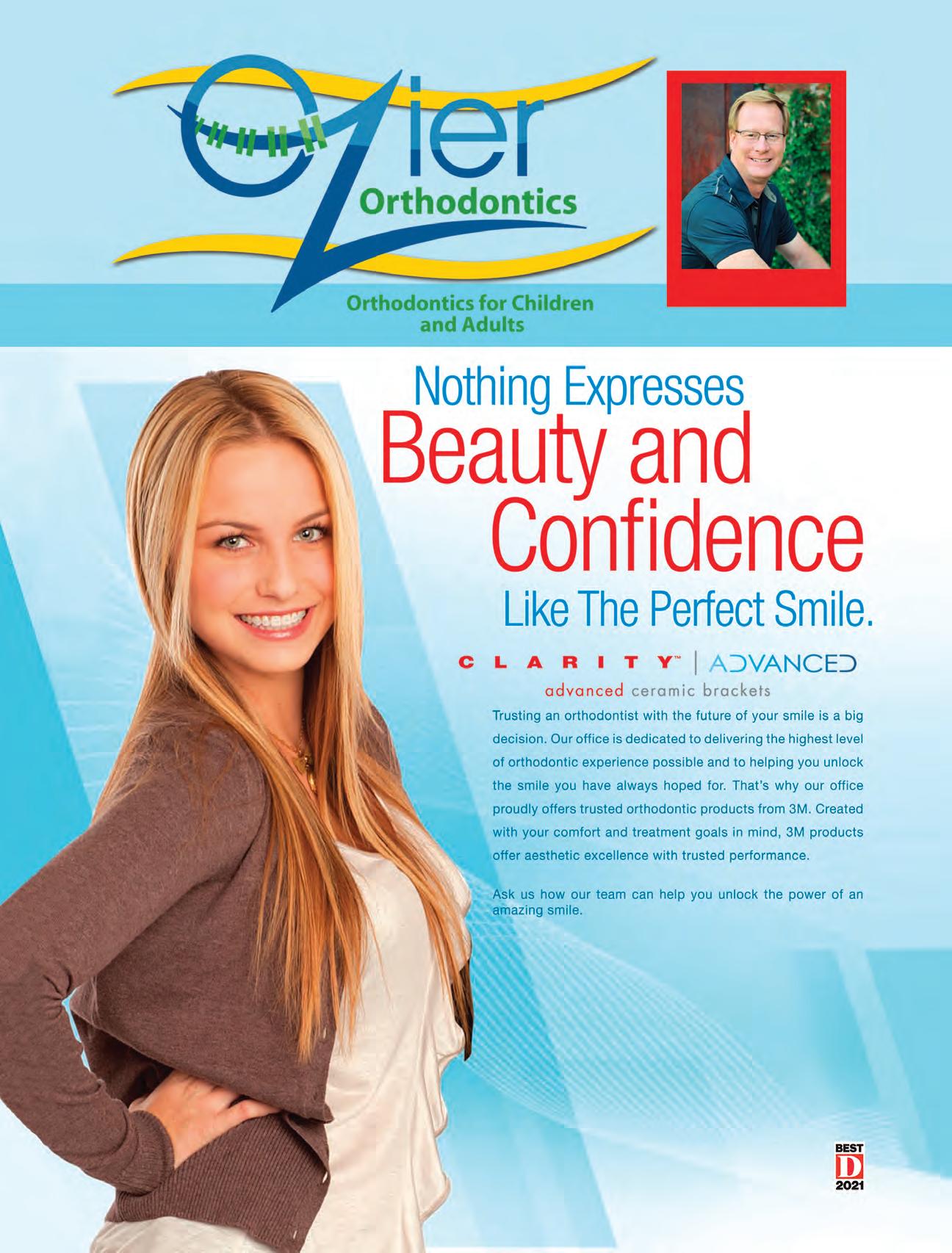

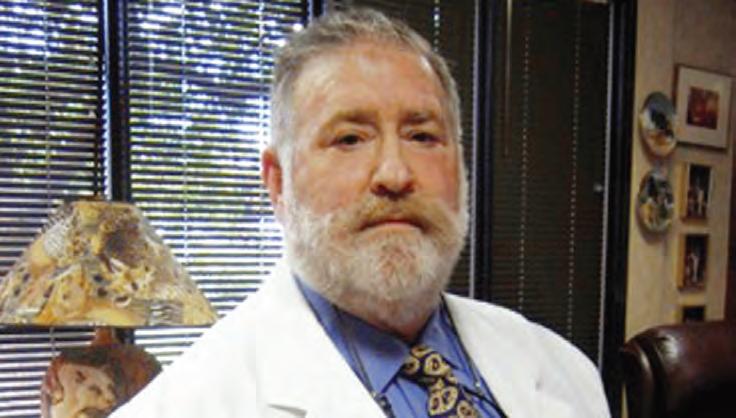
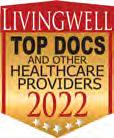
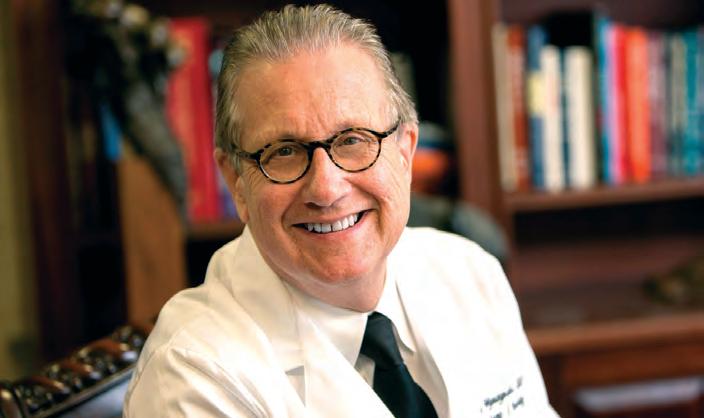
Dr. Birenbaum founded the Arlington Cancer Treatment Center in 1981. He founded the Texas Hematology/Oncology Center, PA in 1997. He is the founder, Medical Director, and CEO. Dr. Birenbaum trained at The University of Texas M.D. Anderson Cancer Institute for 5 years, 3 years as a Hematology/Oncology fellow and 2 years as a facility professor. His private practice in Hematology/Oncology has been in the Dallas/Fort Worth area since 1979. Dr. Birenbaum is available by cell phone 24/7 and participates in many support groups and radio programs.
AREAS OF CLINICAL INTEREST:
• Gastrointestinal Tumors
• Melanoma, Sarcoma
• Breast Cancer
• Lymphoma
• Kidney Cancer
EDUCATION AND TRAINING CREDENTIALS:
• Southern Methodist University
• Universidad Autonoma de Guadalajara/University of Michigan
• Straight Medical Internship - Henry Ford Hospital/University of Michigan
• Straight Medicine Residency - Tulane University Medical Center/Ochsner Clinic
• Fellowship Hematology/Oncology - University of Texas M.D. Anderson Hospital and Tumor Institute
• Private Practice 1979 to Present
PERSONAL INTERESTS:
• Born and raised in Dallas, TX
• Father of 2 sons
• Owns six dogs
• Loves traveling and golf
• Avid collector of arts and antiques
Dennis Birenbaum, MD and Dr. Wyszynski, MD, DO are M.D. Anderson trained hematologists/oncologists.
Dr. Wyszynski, MD, DO also trained at Fox Chase Cancer Center in Philadelphia, PA.
You
Dr. Wyszynski joins the Texas Hematology and Oncology Centers after many years of successful private medical practice in the Dallas/Fort Worth area. Dr. Wyszynski completed his internship and residency at John F. Kennedy Memorial Hospital in Stanford, New Jersey. He followed these with a number of Fellowships including one in Hematology/Oncology at the prestigious M.D. Anderson Cancer Center in Houston, TX, and two years at Fox Chase Cancer Center in Philadelphia, PA. Dr. Wysznski is well known for his quality of care and the personal interest he takes in his patients. He is very active in many professional societies and investigative trials.
BOARD CERTIFICATIONS:
•American Osteopathic Board of Internal Medicine: Hematology/
•Oncology-Certified: 8/24/2007
•American Osteopathic Board of Internal Medicine
PROFESSIONAL SOCIETIES:
•American Osteopathic Association
•ASCO
•Texas Medical Association
•Dallas County Medical Association
CLINICAL CANCER INVESTIGATIVE TRIALS:
• Central Pennsylvania Oncology Group Protocal
• Eastern Cooperative Group
• Southwest Oncology Group
PERSONAL INTERESTS:
• Married and father of 2 children
• Enjoys traveling and spending time with family
• Active in many hobbies



Have you been arrested? Whether you have been charged with DWI in Texas or another criminal offense, we advise you to secure the immediate representation of our experienced DWI lawyers. Your charges can have life-altering consequences. It is of the utmost importance that following an arrest, you hire our Dallas criminal defense lawyer. We will stop at nothing in order to protect your rights, freedom, and future. At Deandra Grant Law, you will receive the individualized support and tenacious advocacy that you require in order to combat your criminal charges.
Because we care deeply about helping as many people as we can, our Texas DWI & criminal attorneys also represent clients in Collin County and throughout northern Texas.
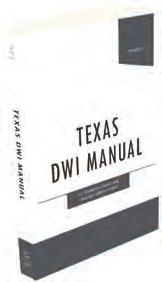

Deandra Grant Law’s five offices are led by Managing Partner Deandra M. Grant, JD, GC, MS, one of the most awarded and respected DWI authorities in the country. She is co-author of The Texas DWI Manual, certified in the science and testing of DWI enforcement, and respected by her peers as being a leader in her field.

